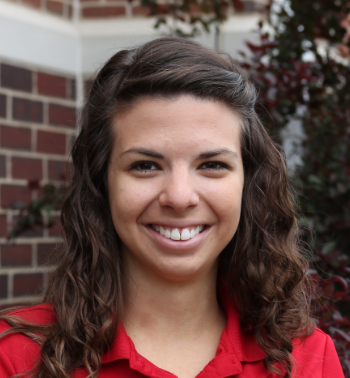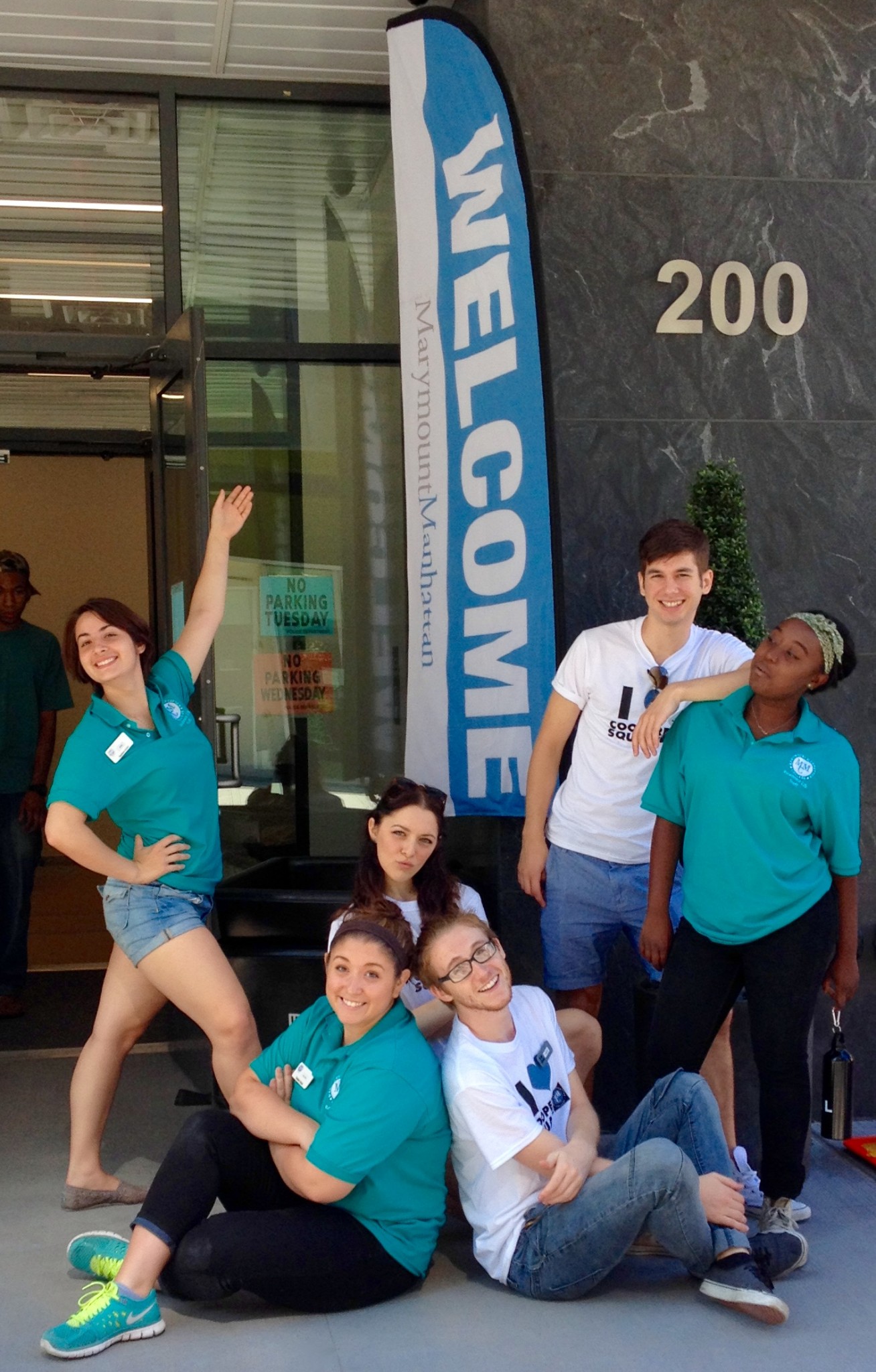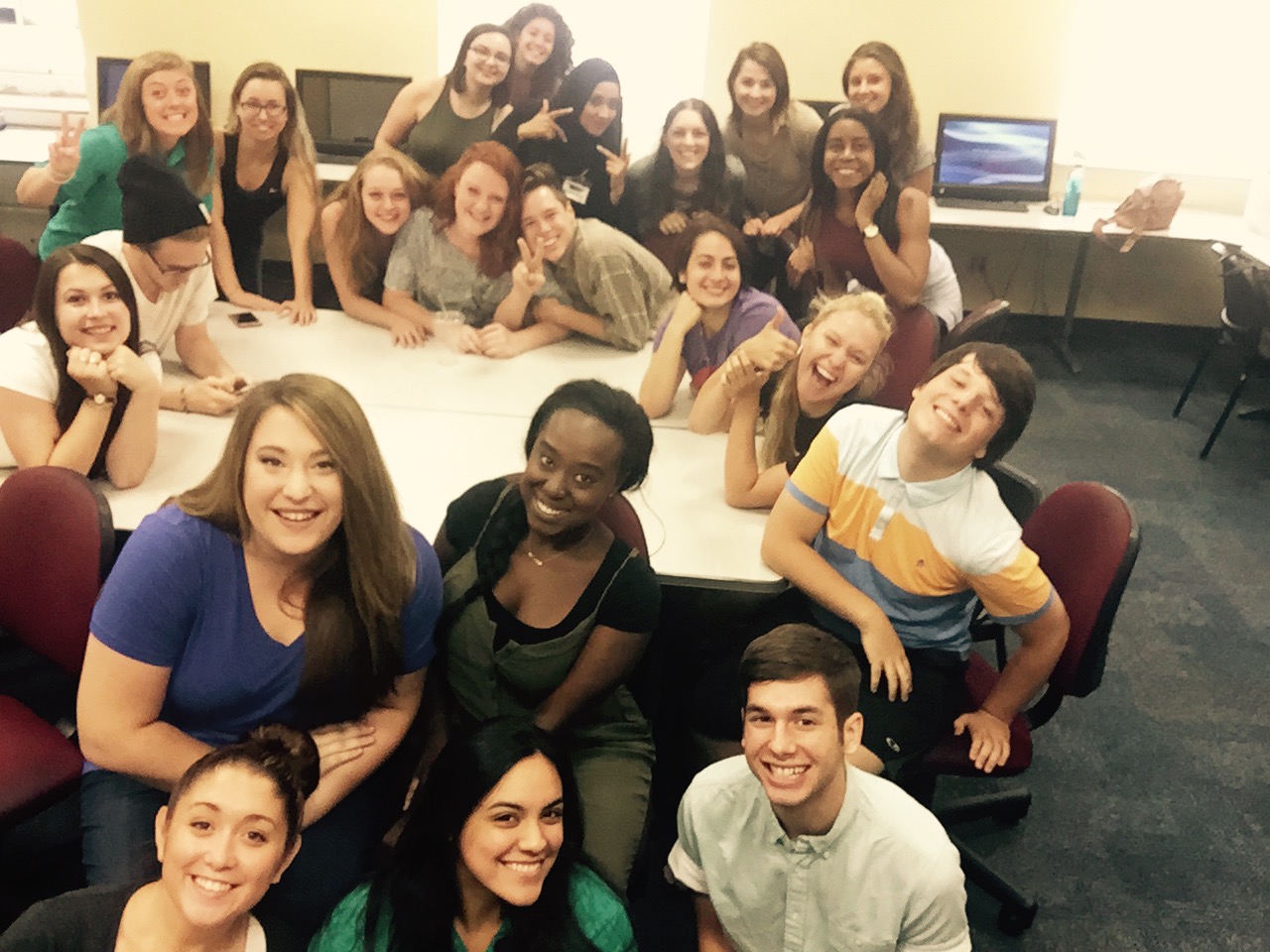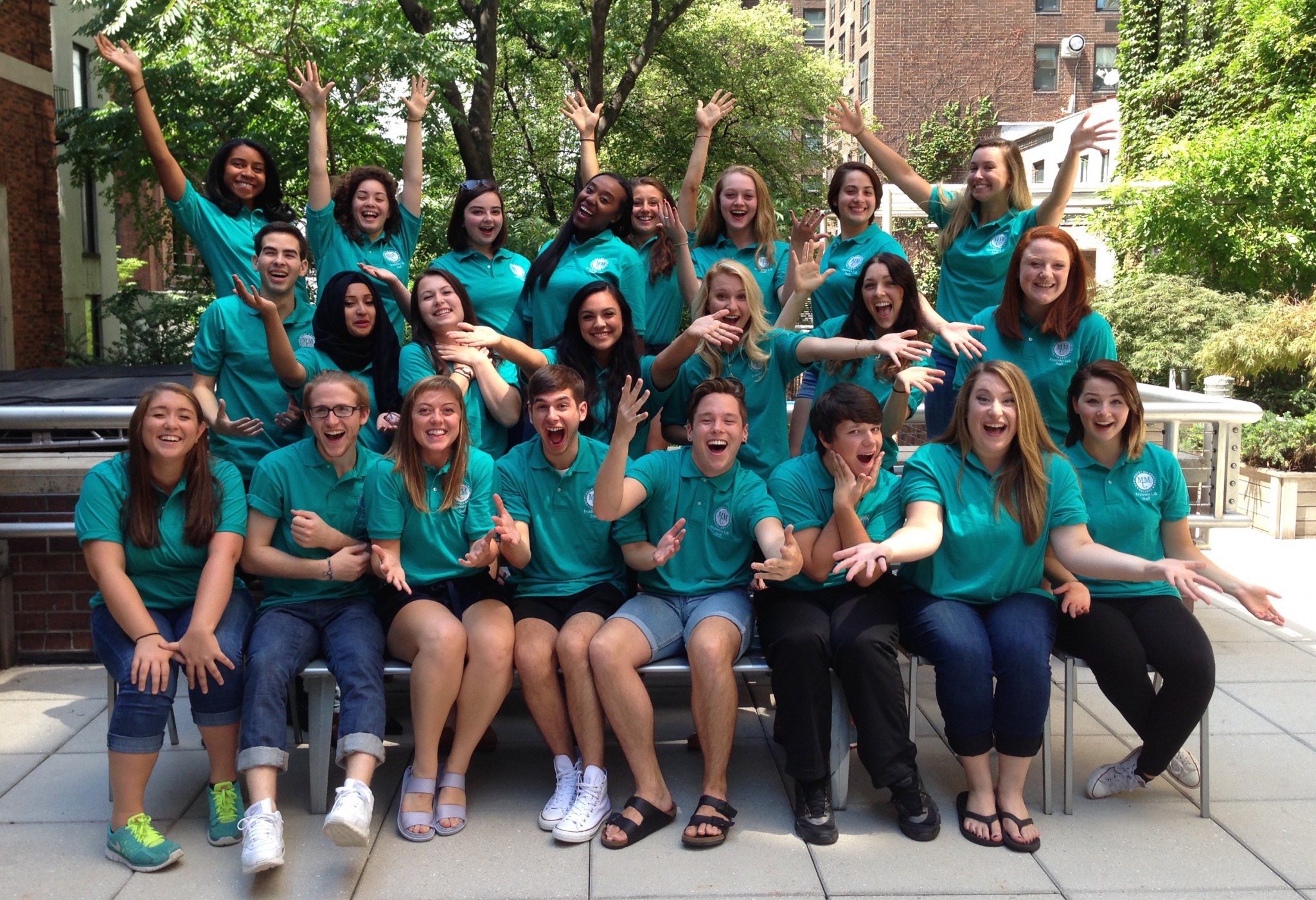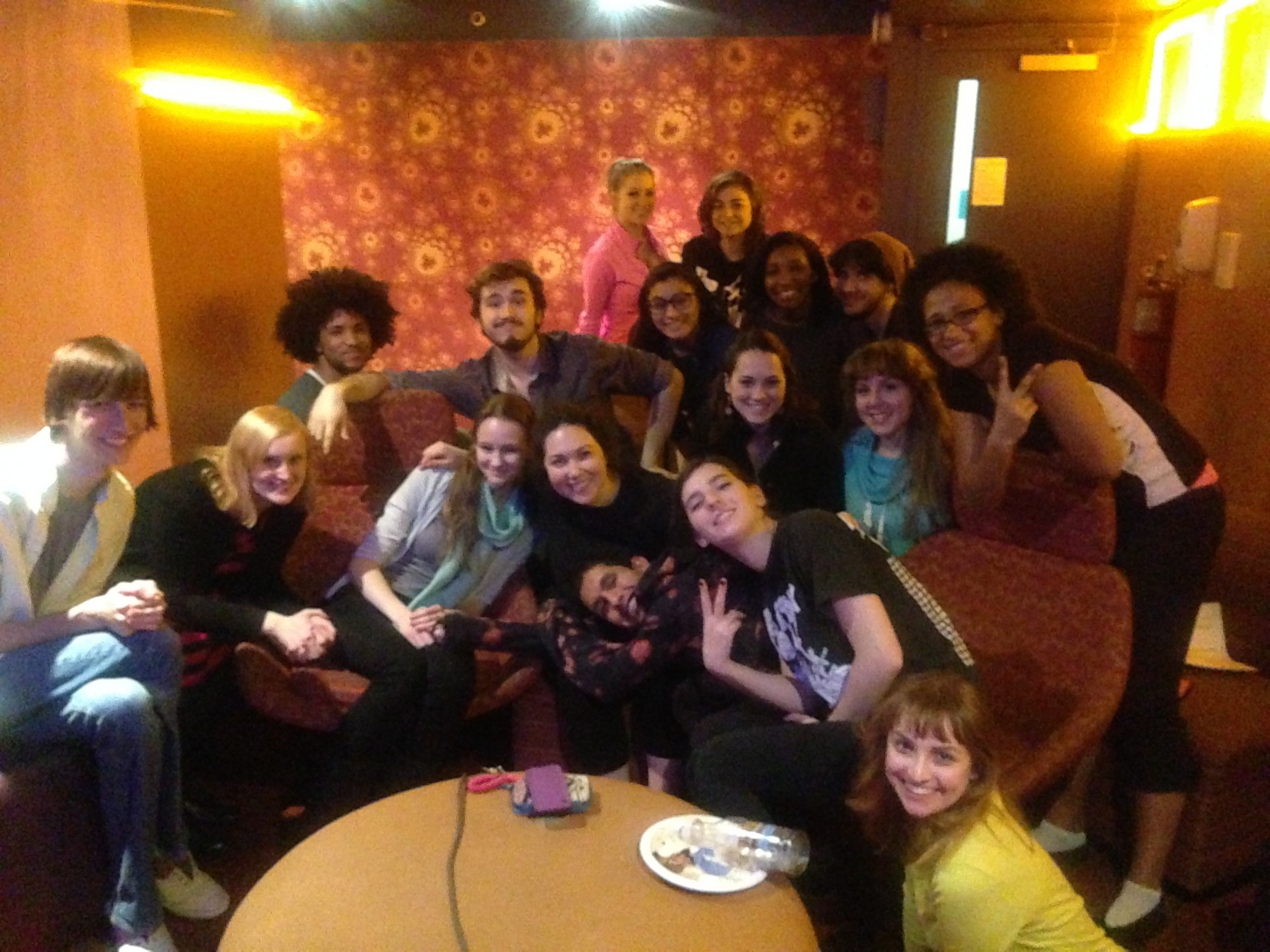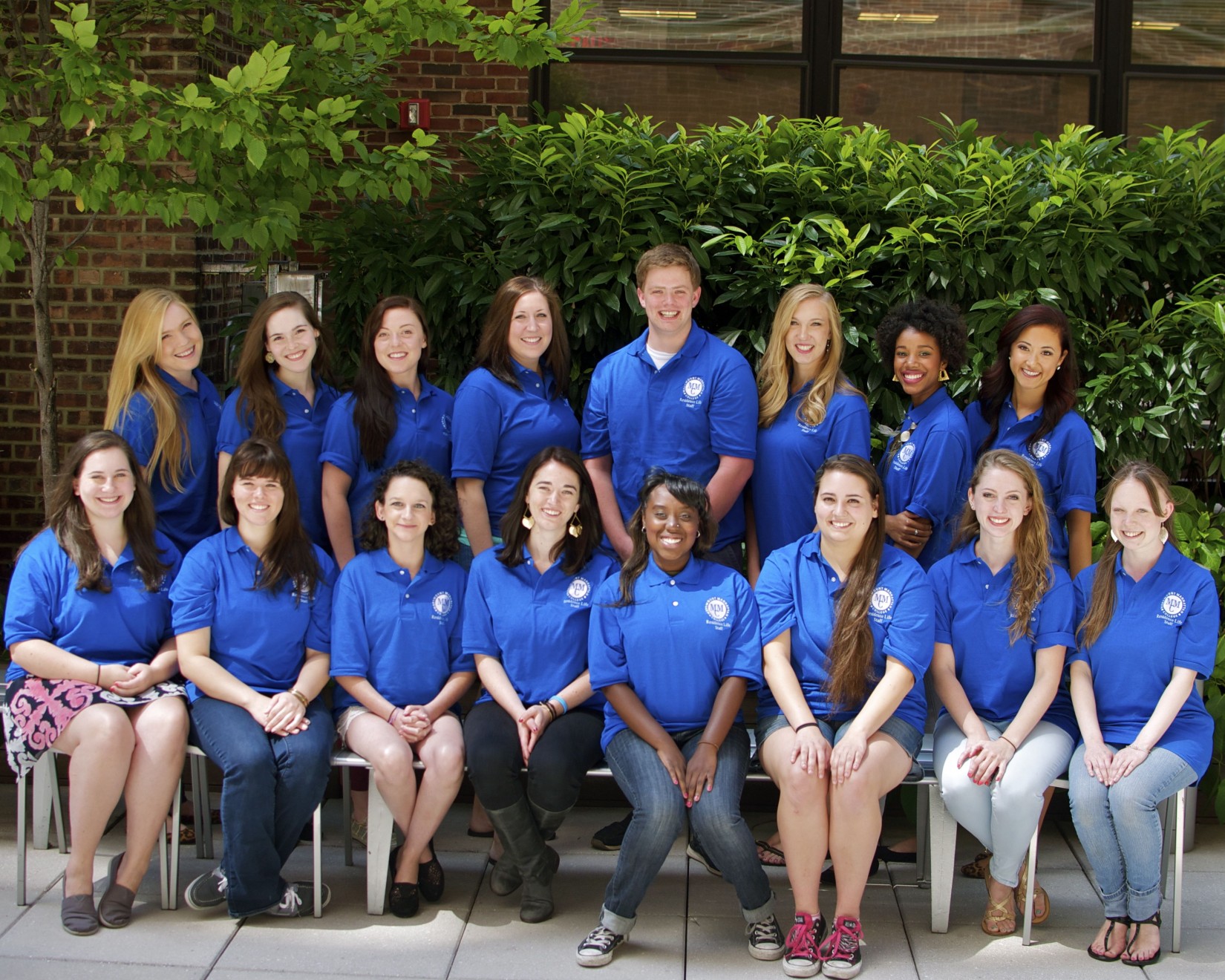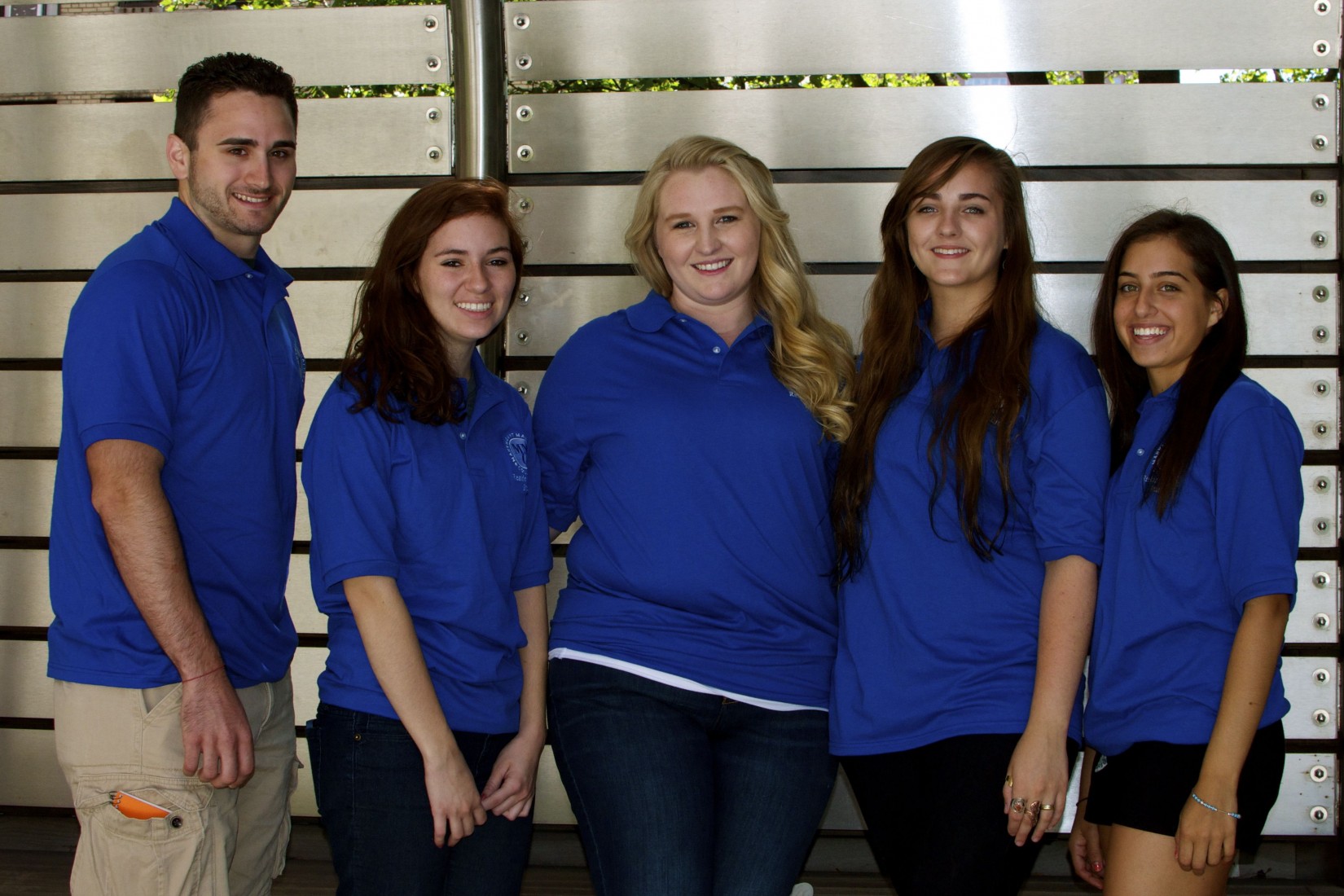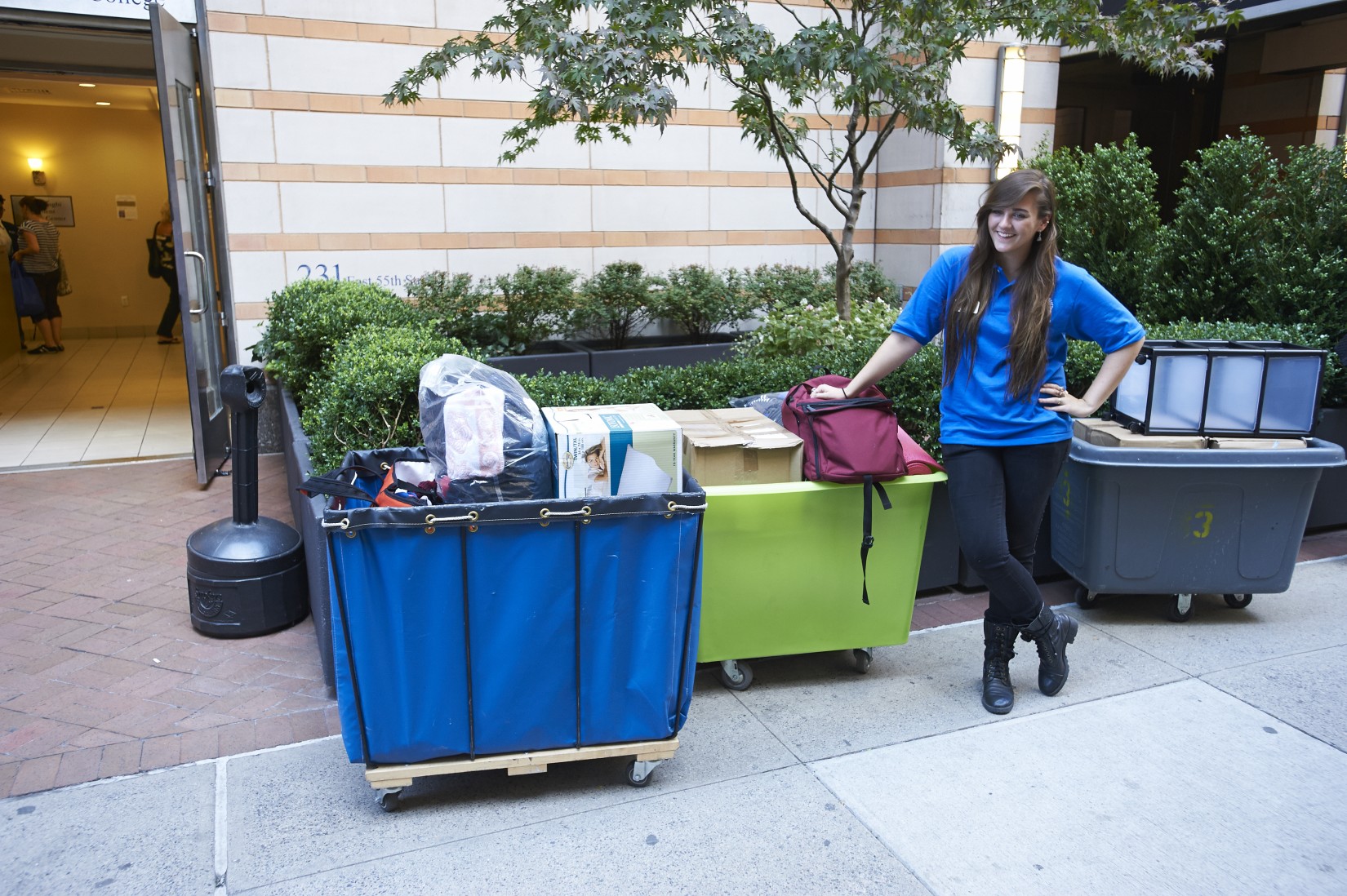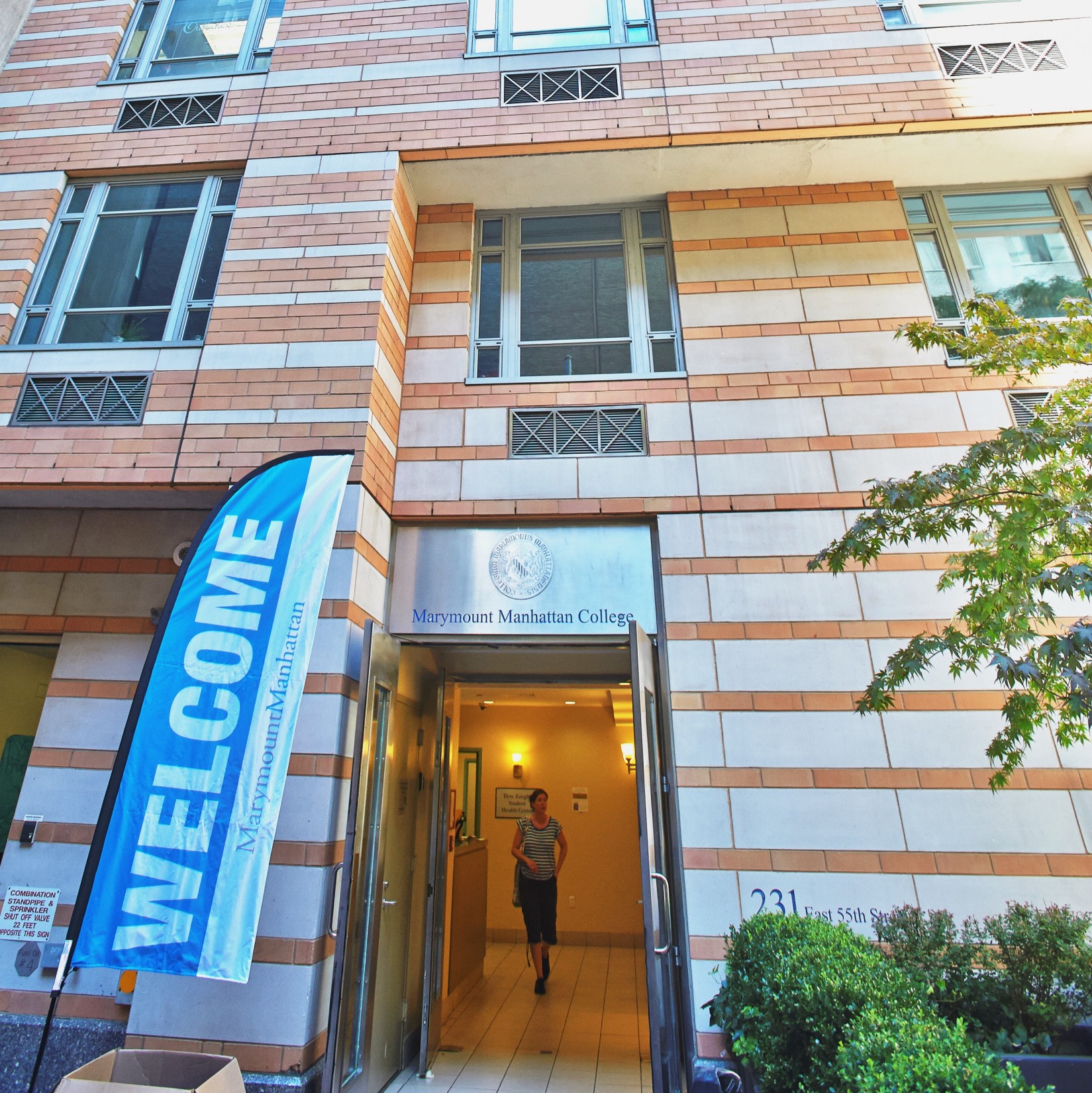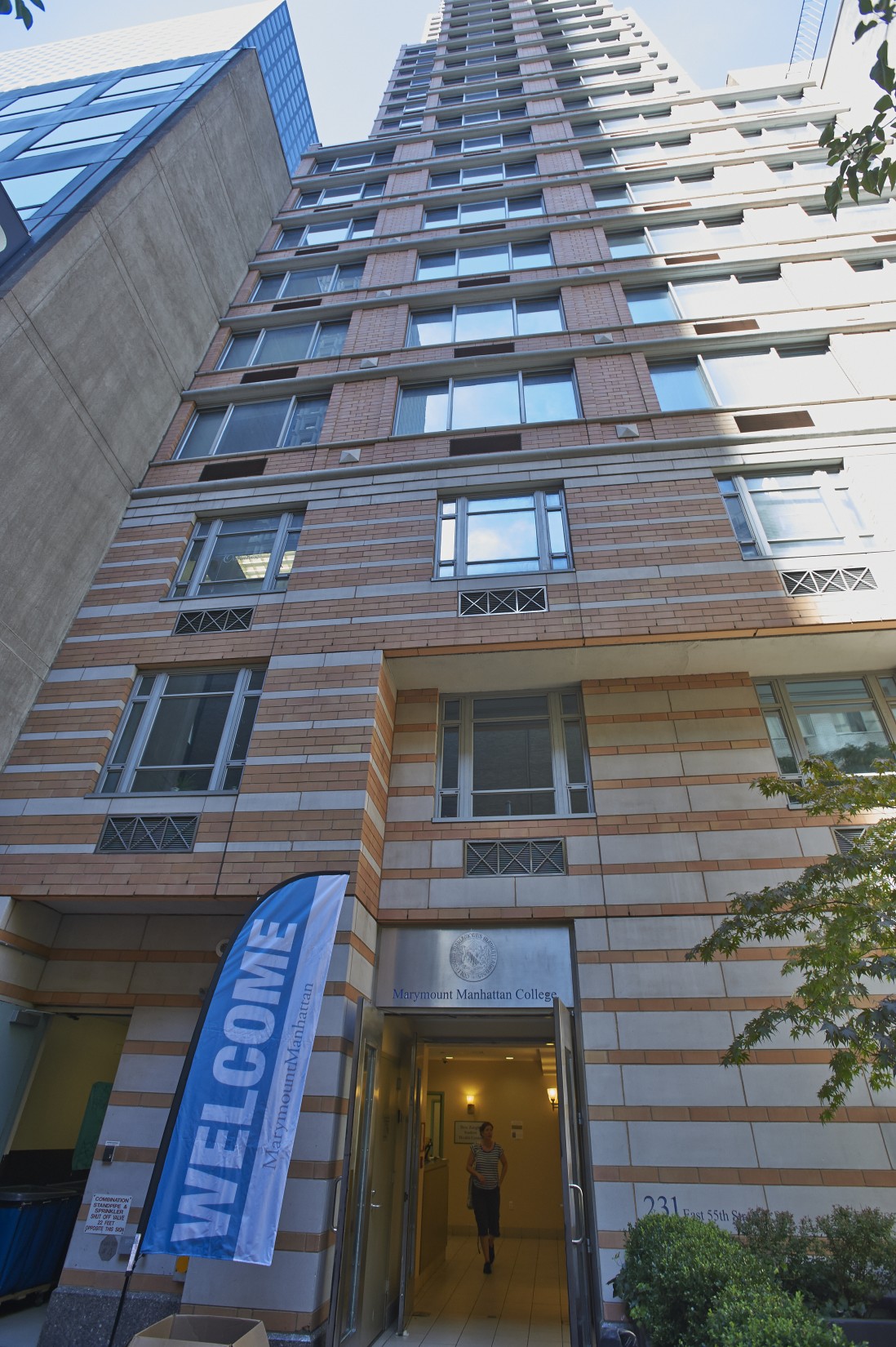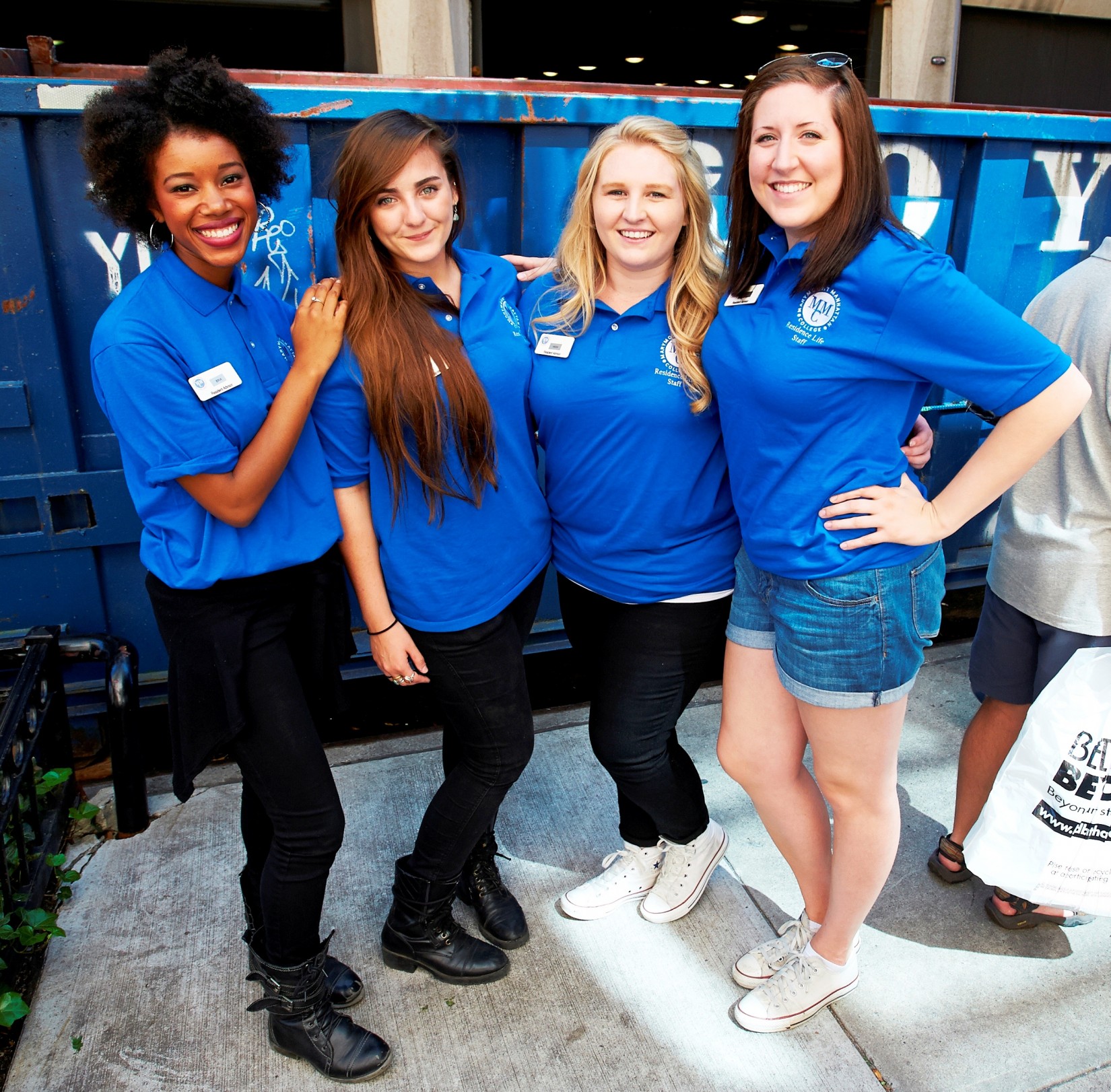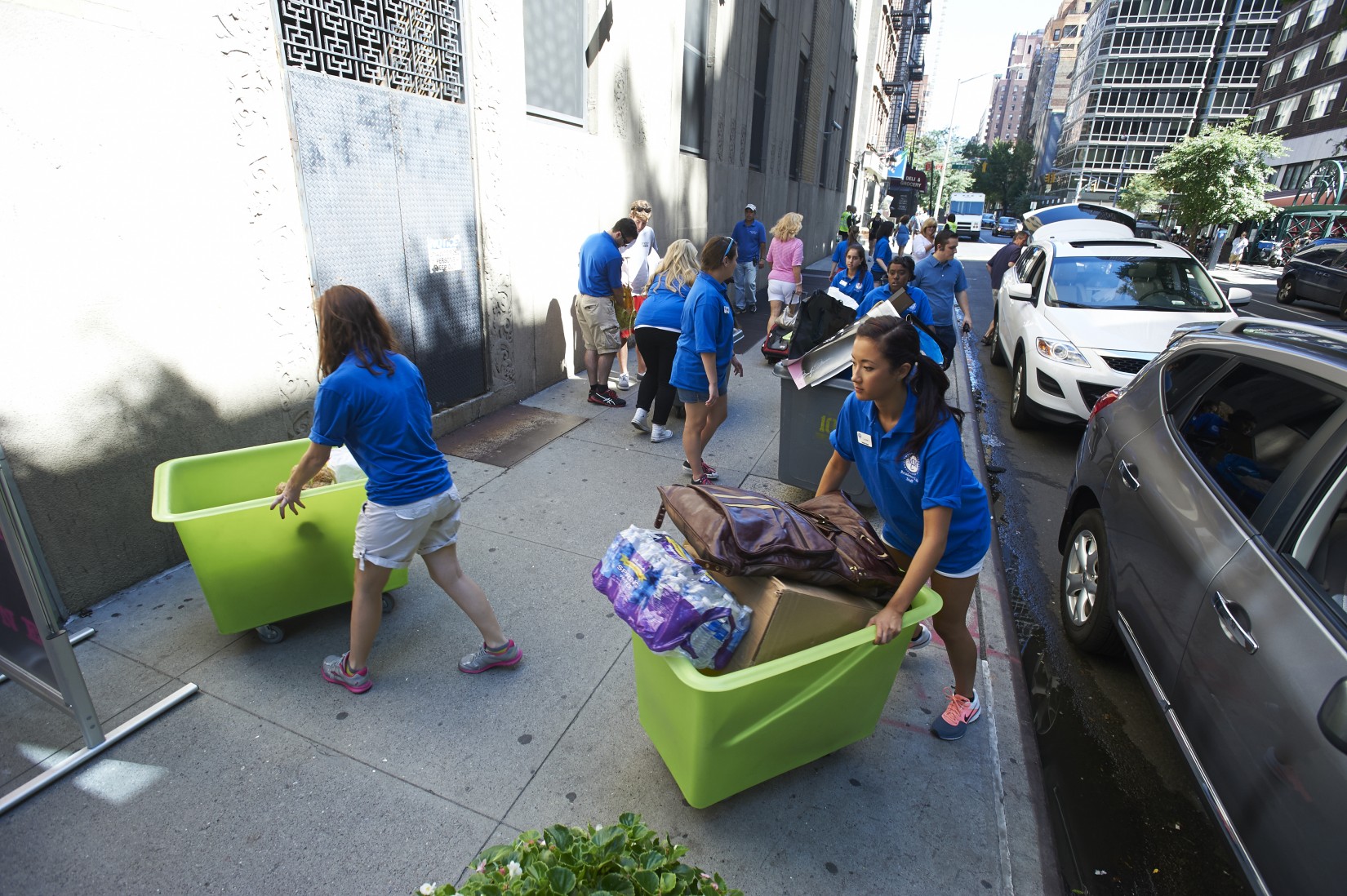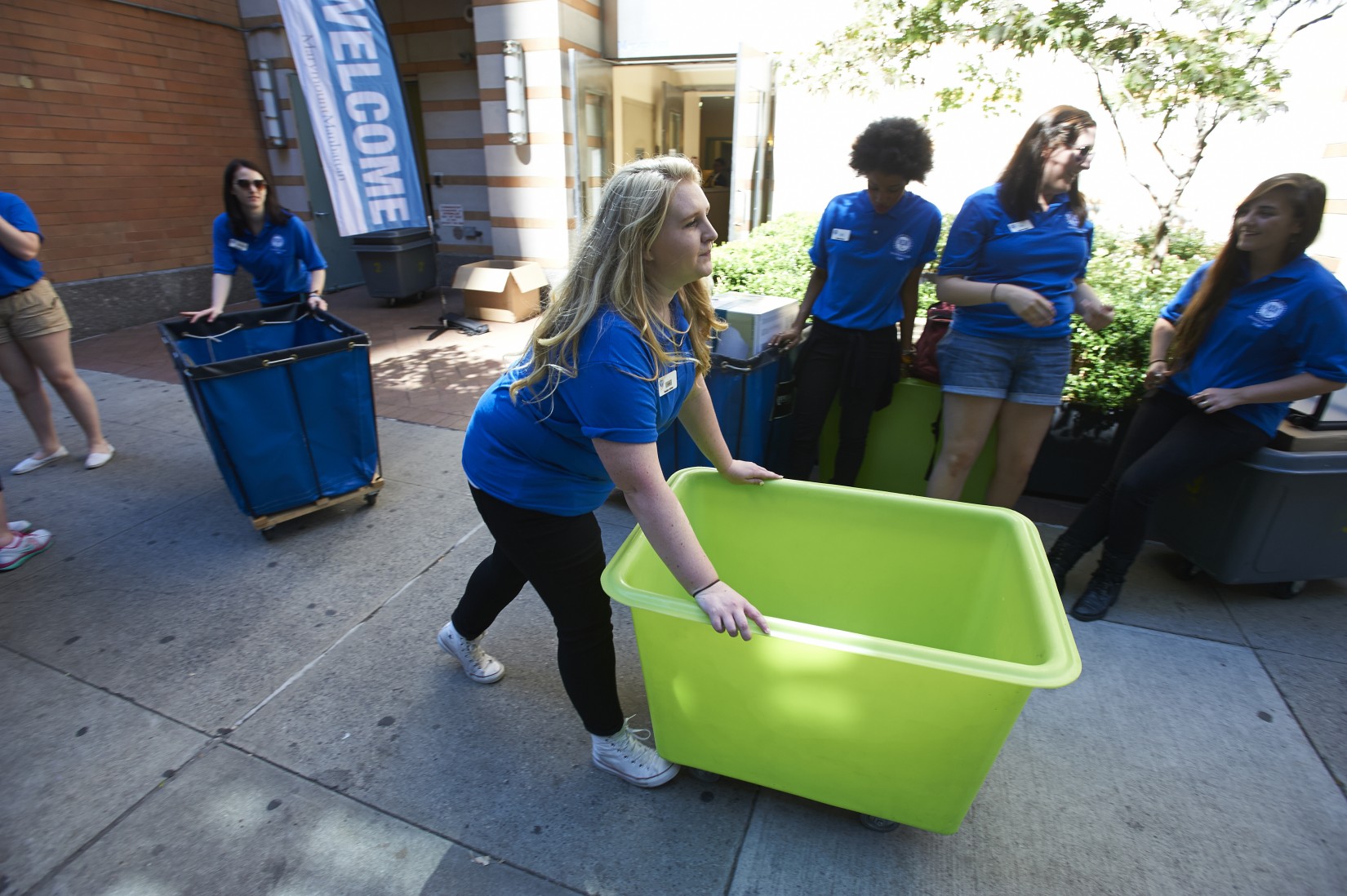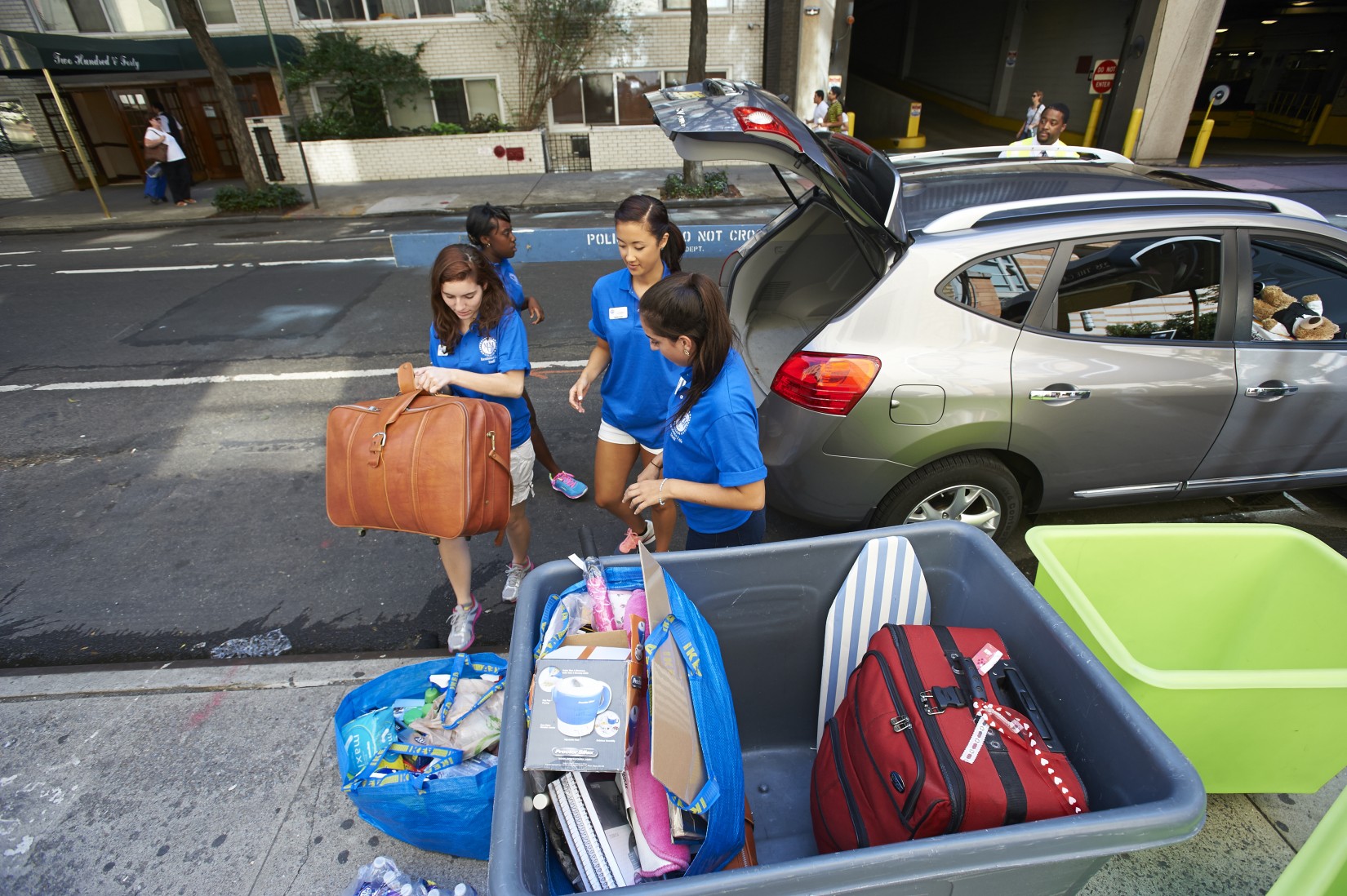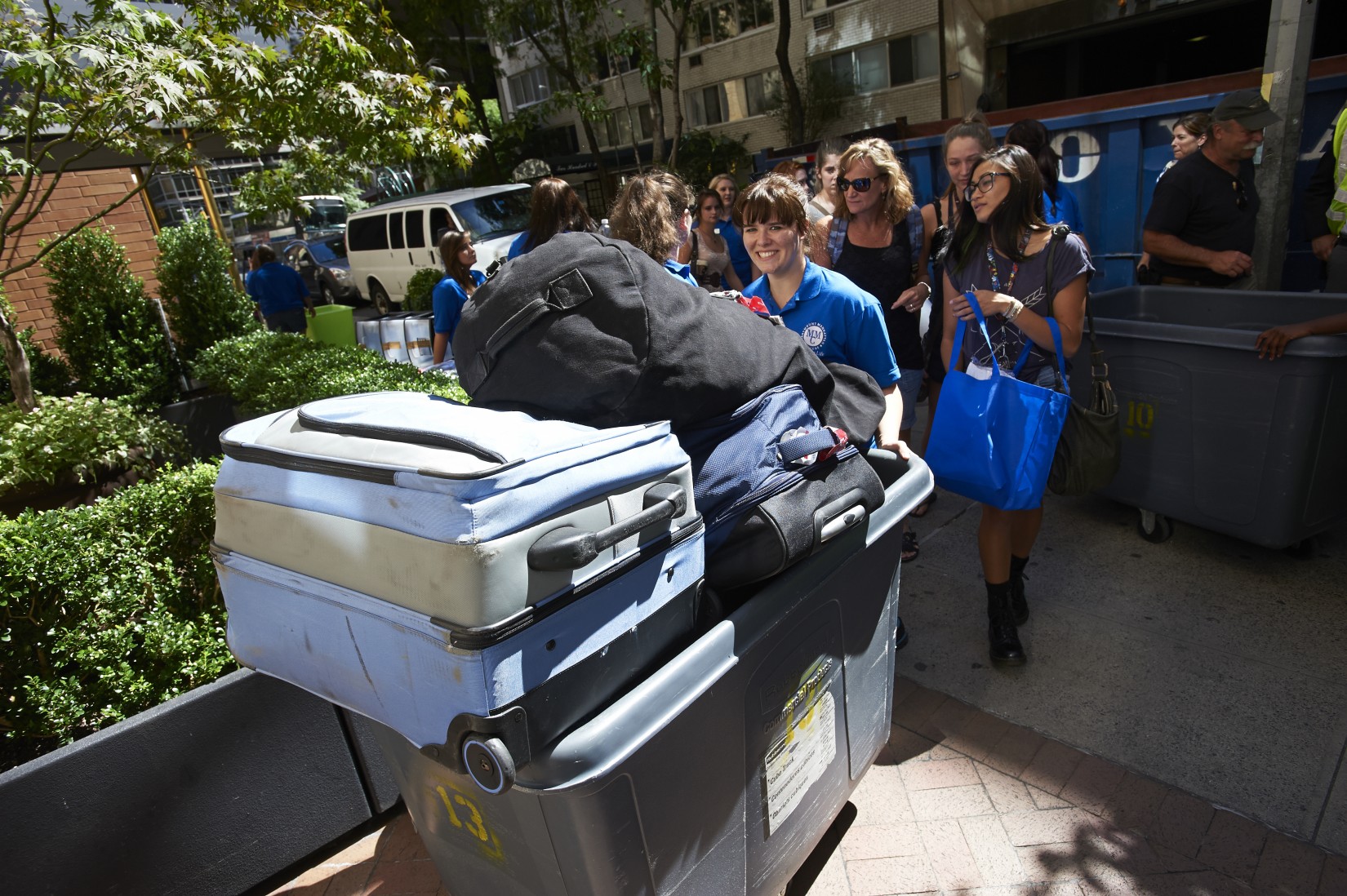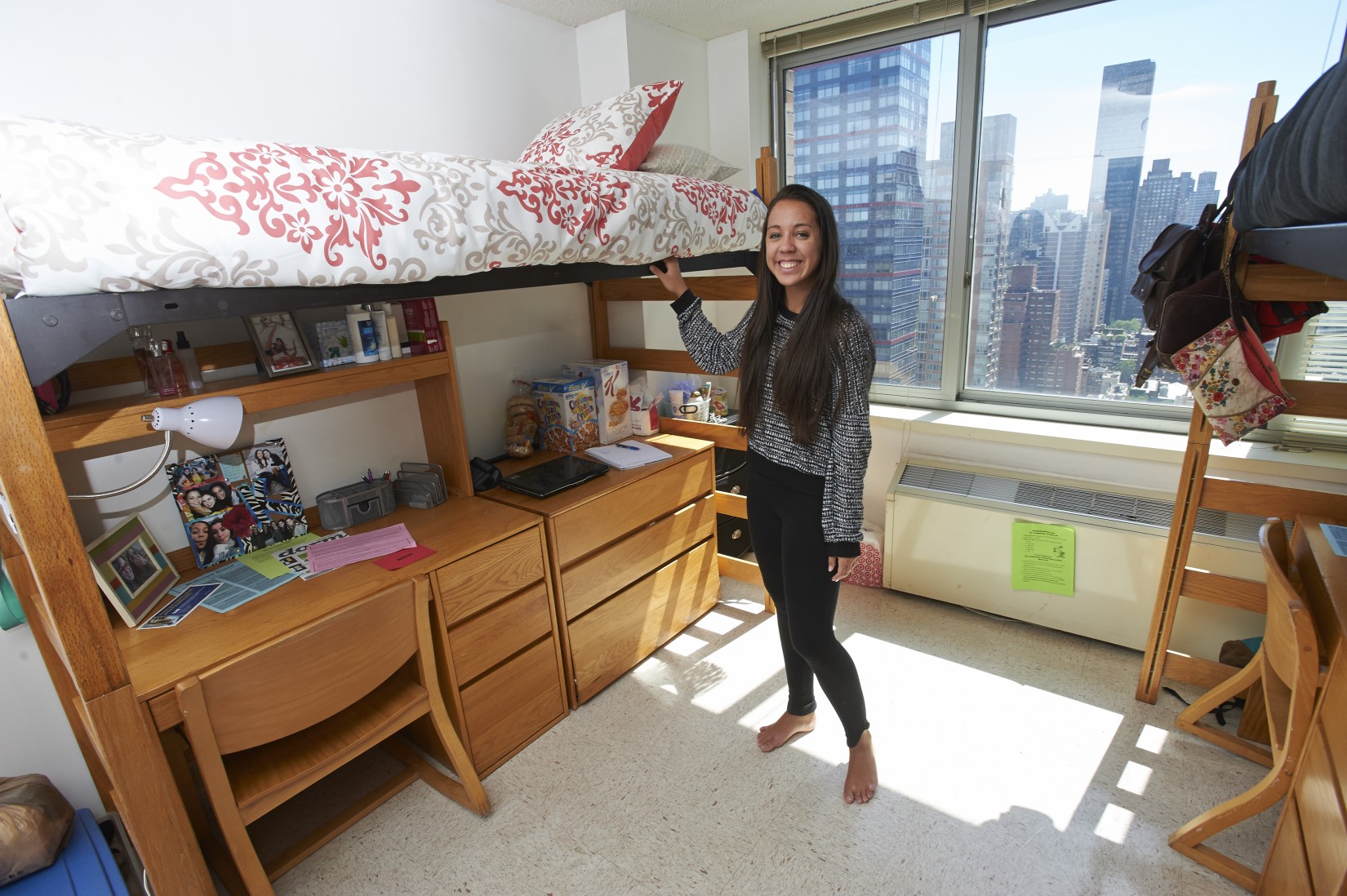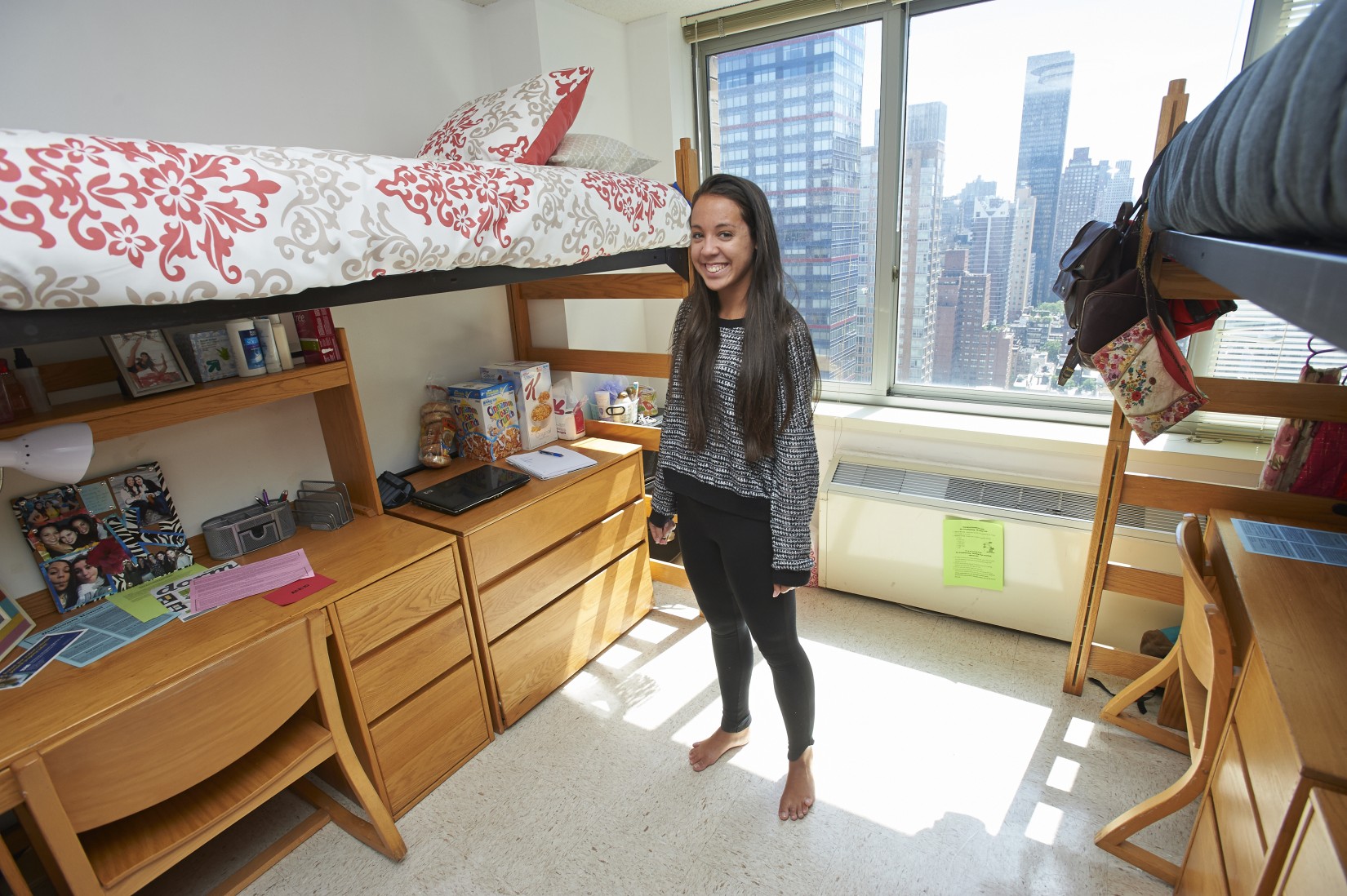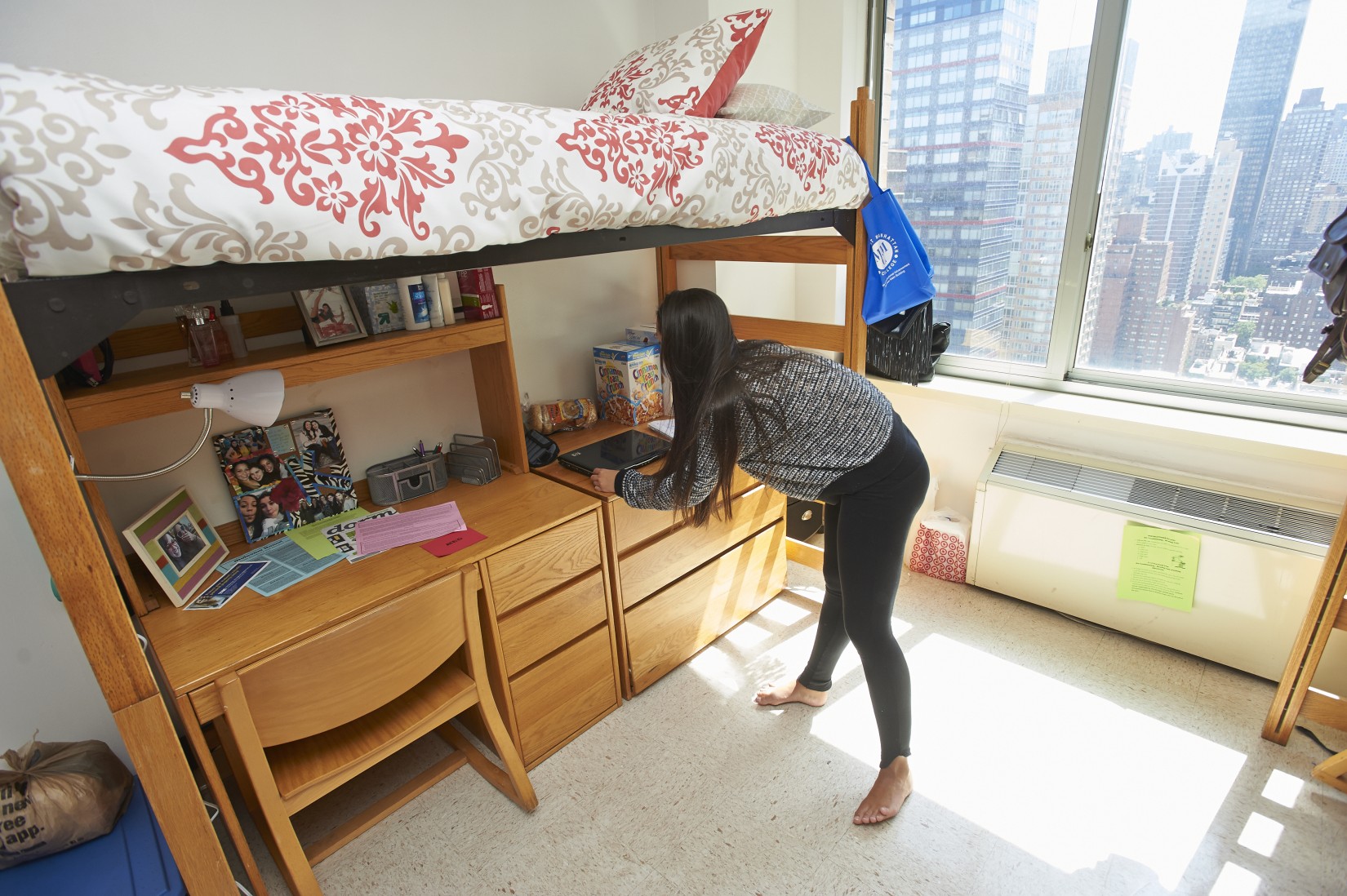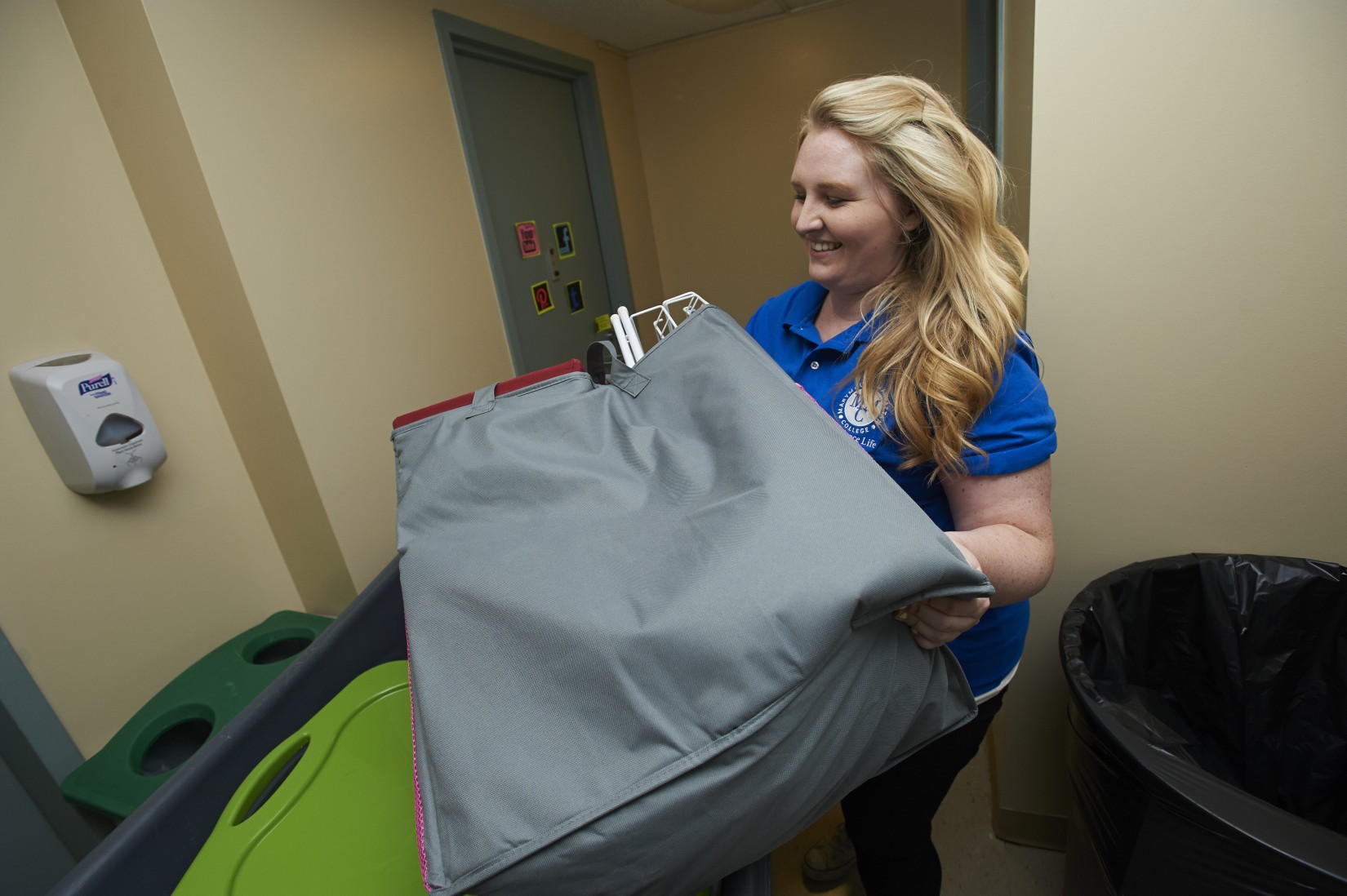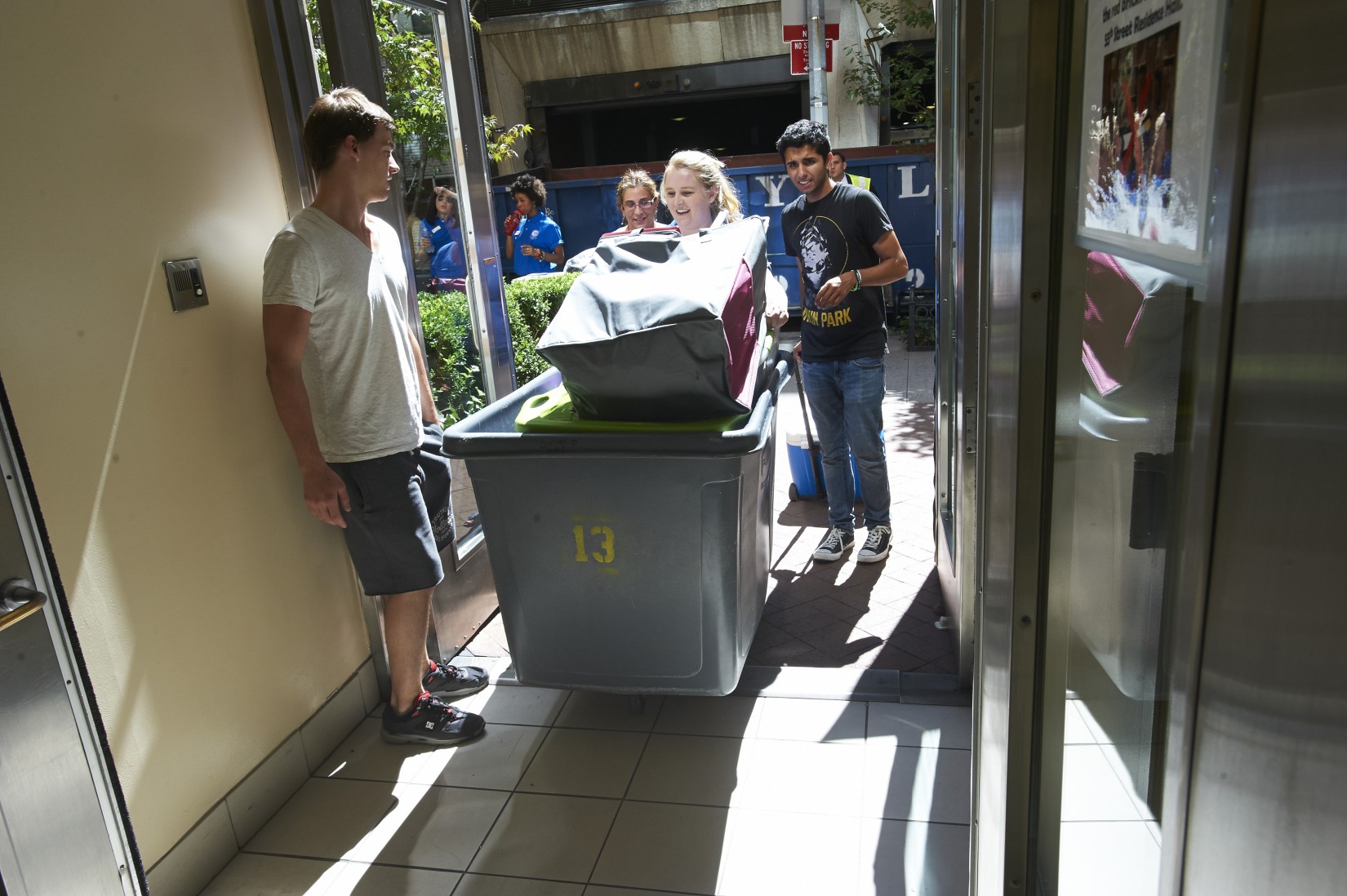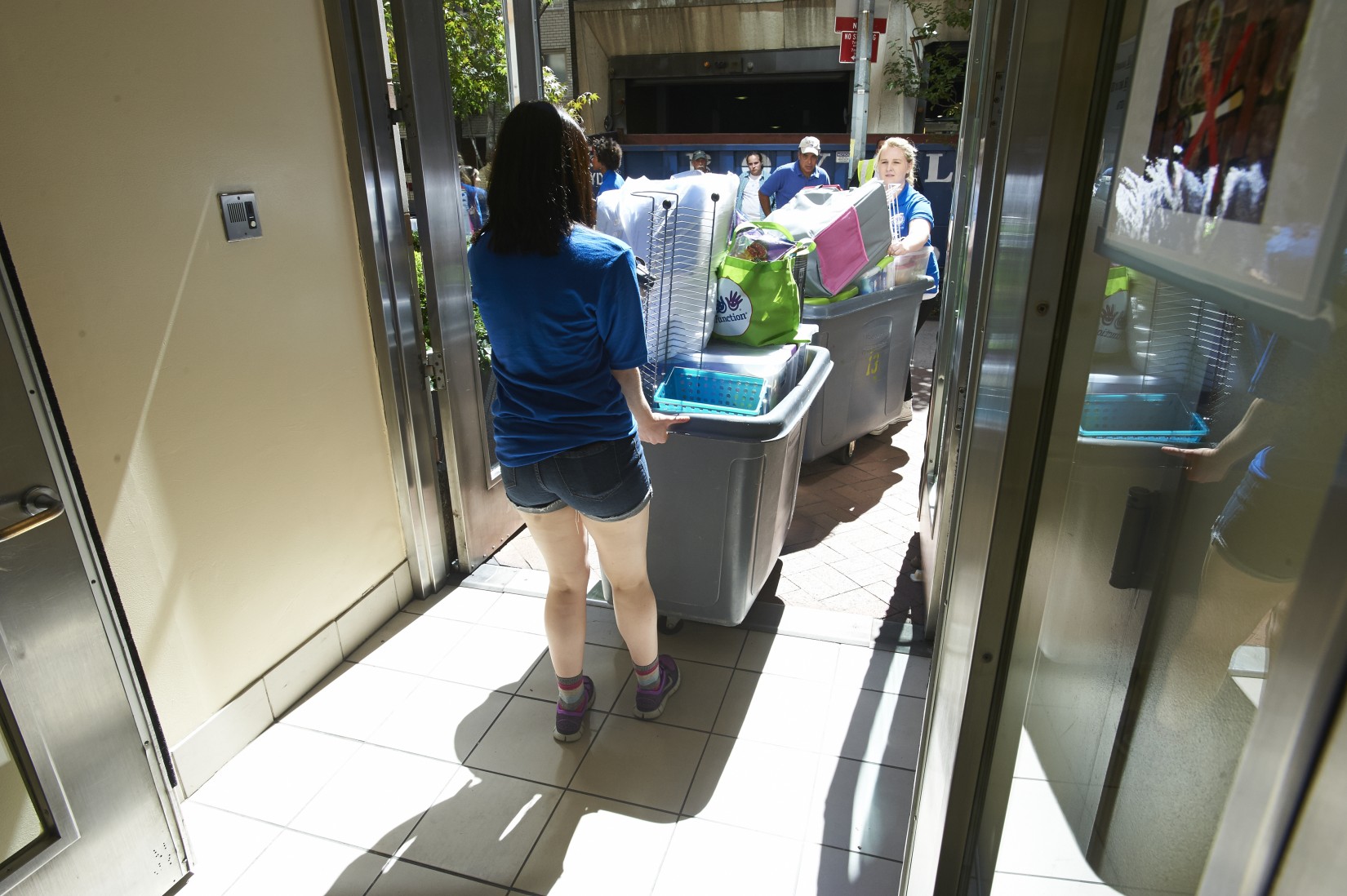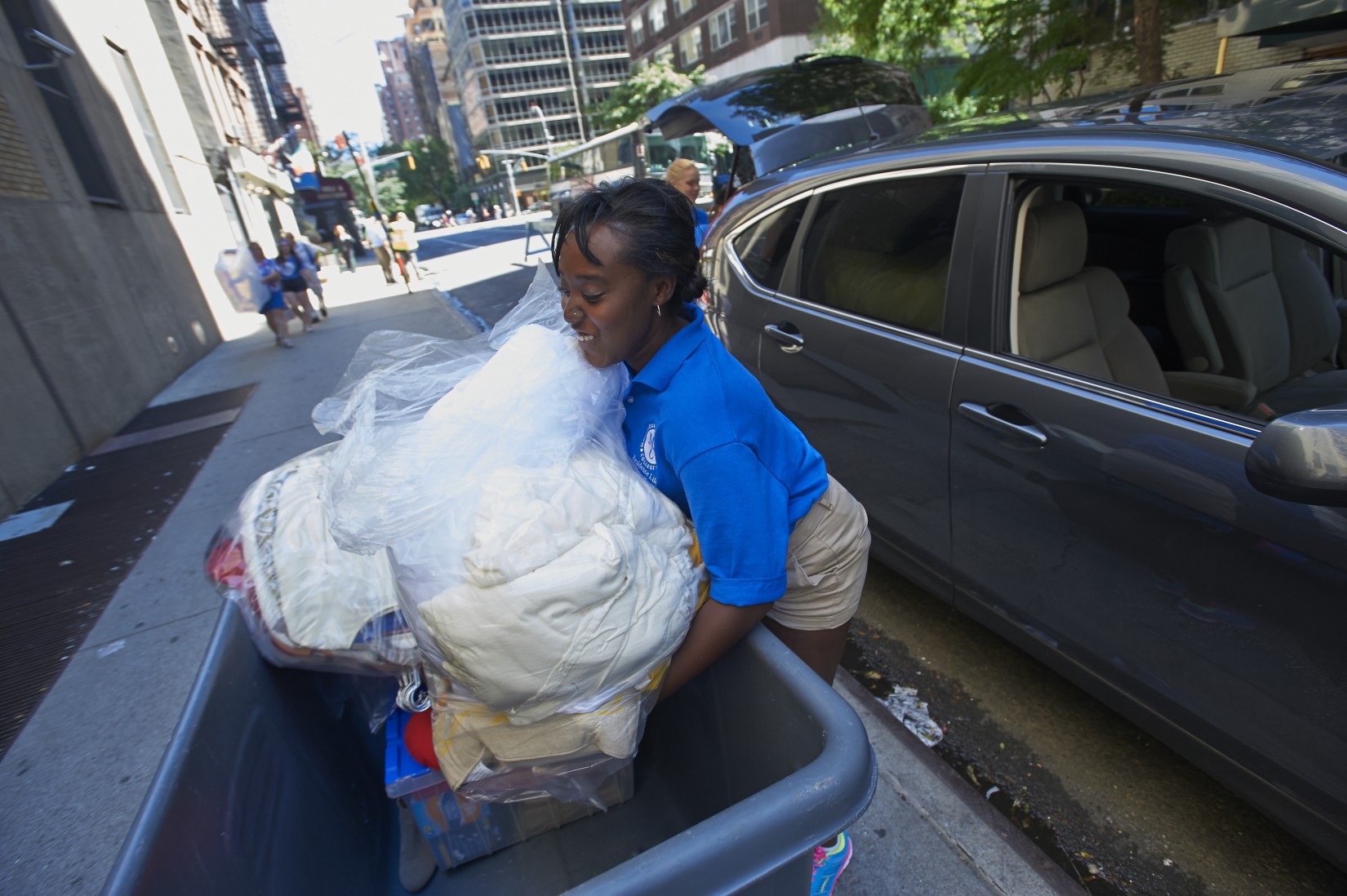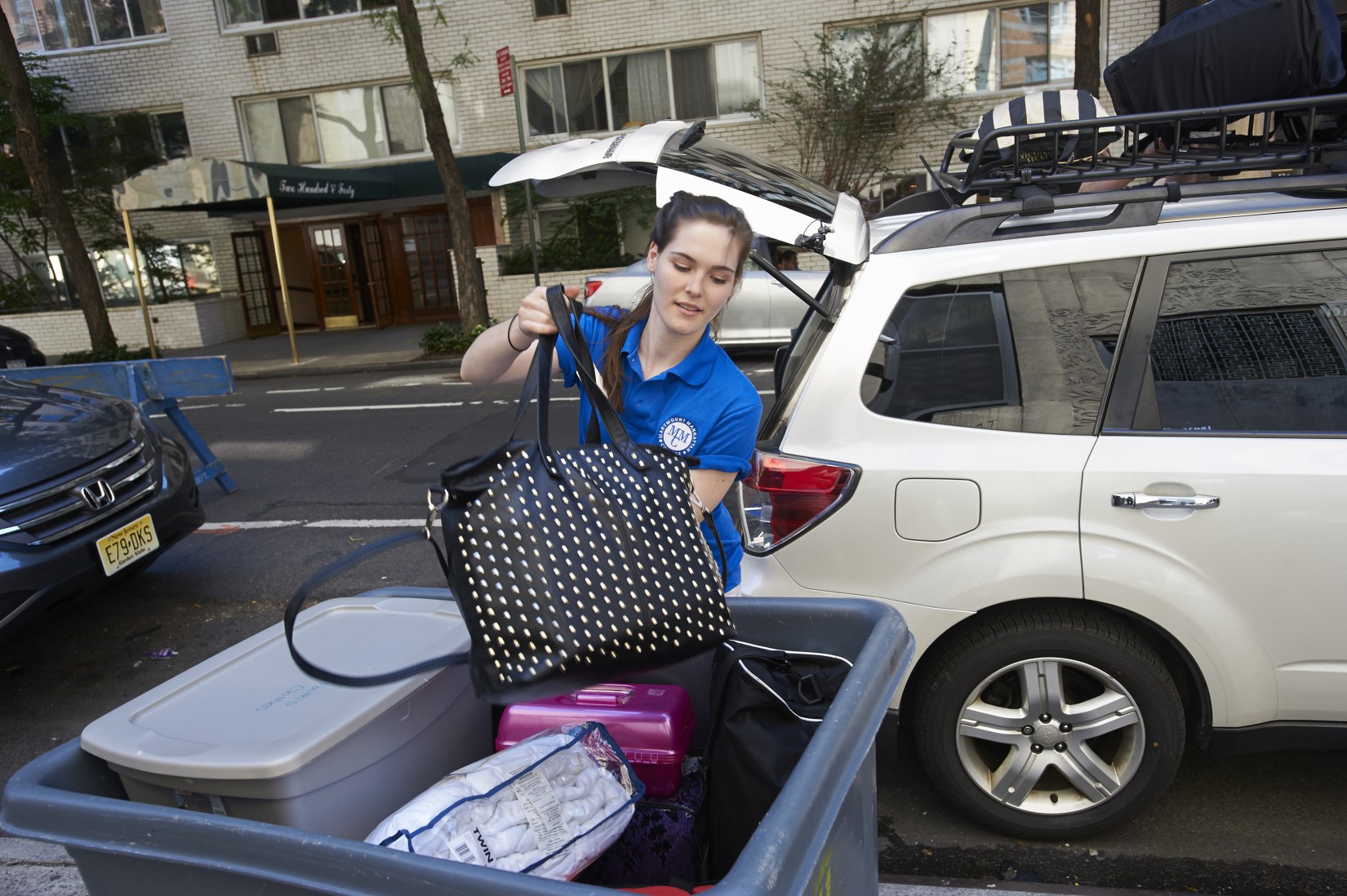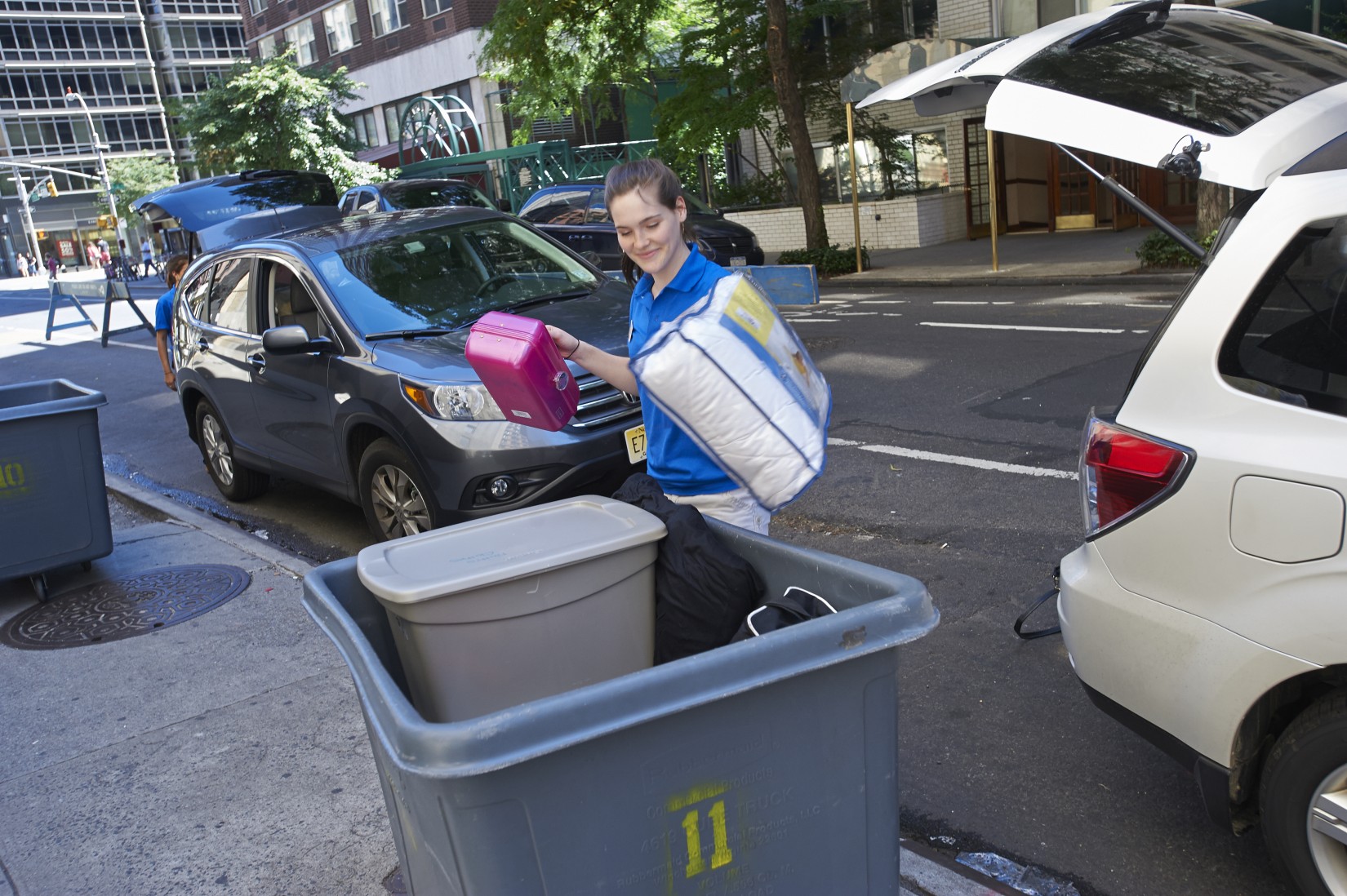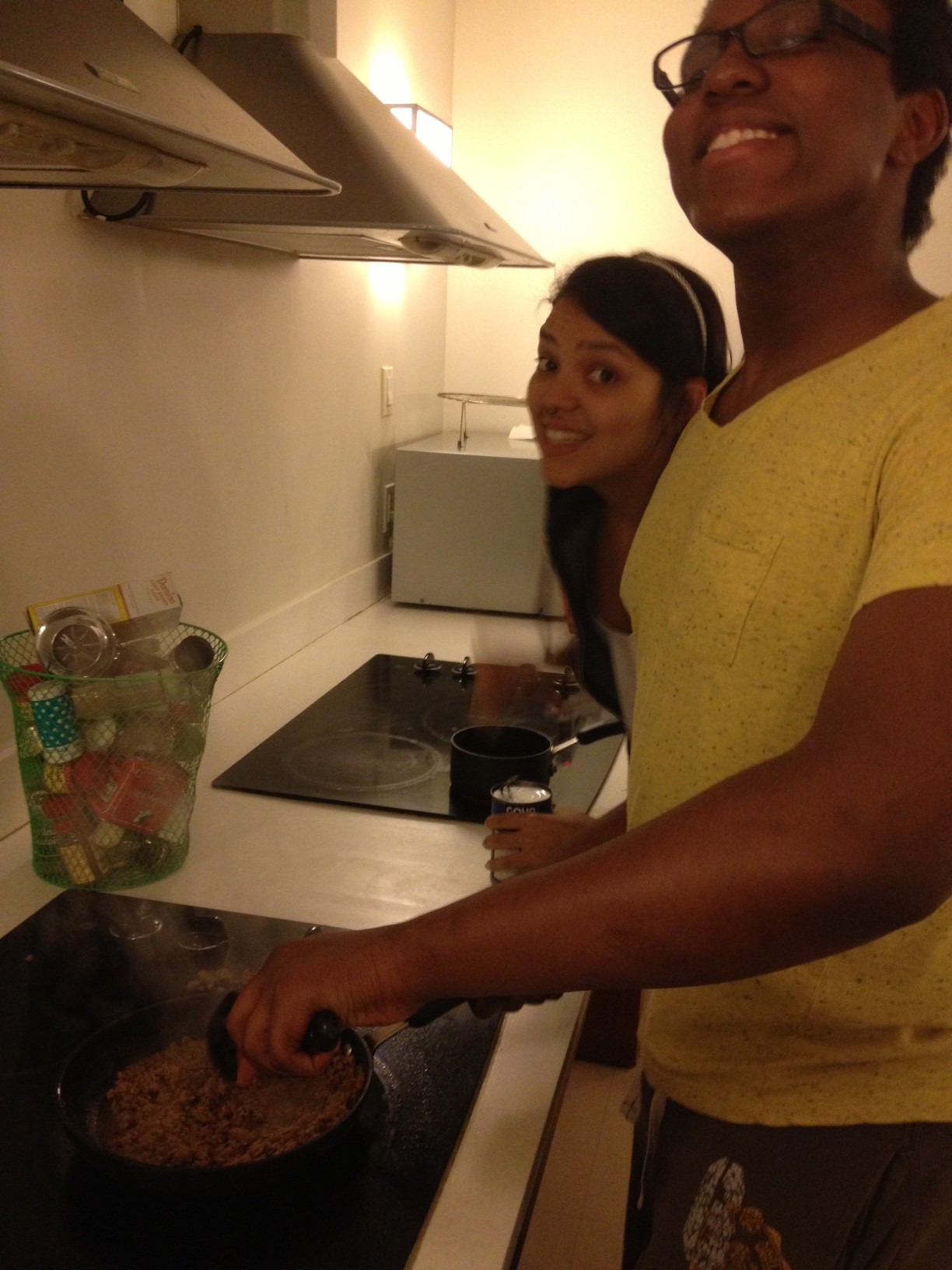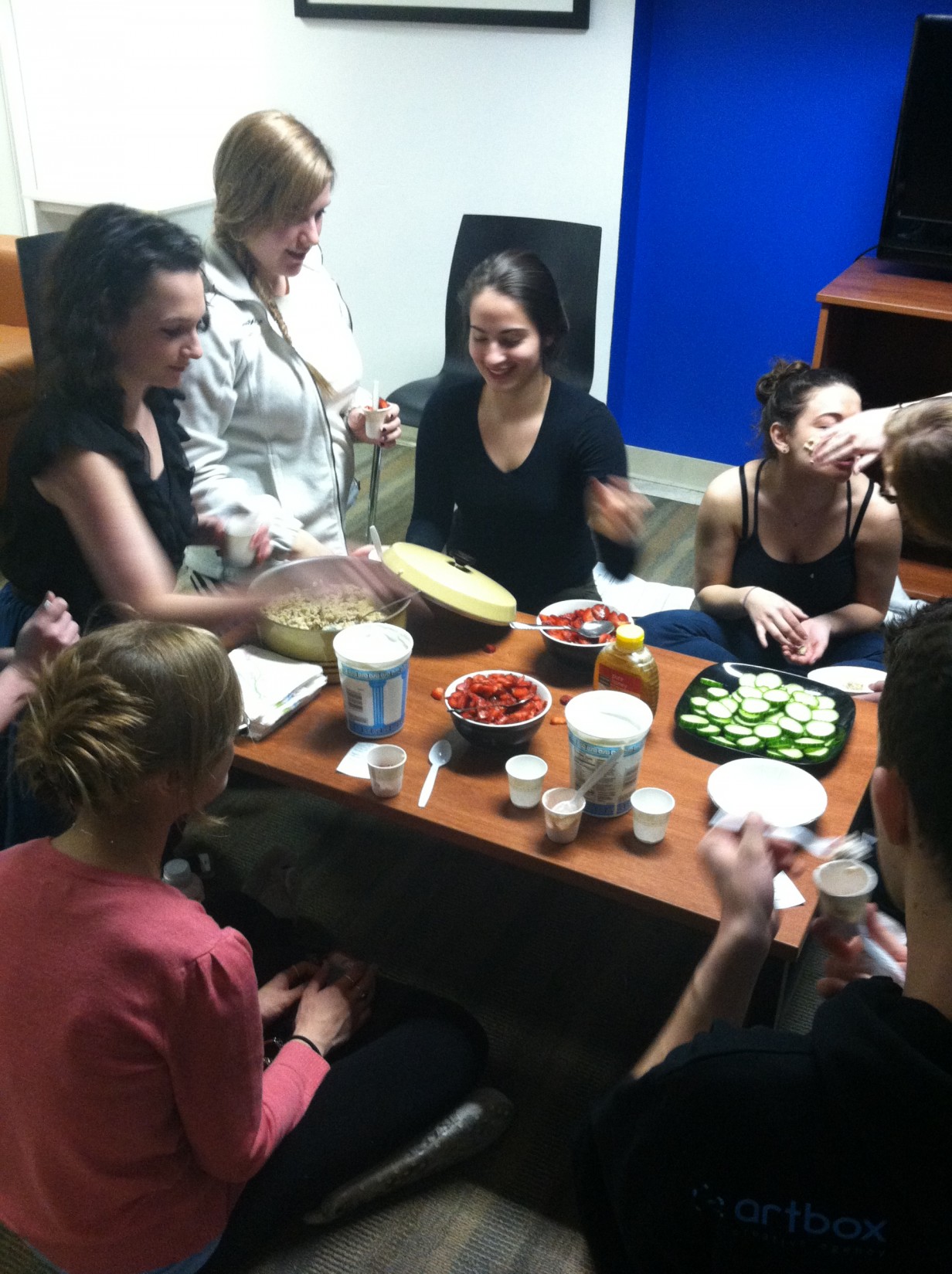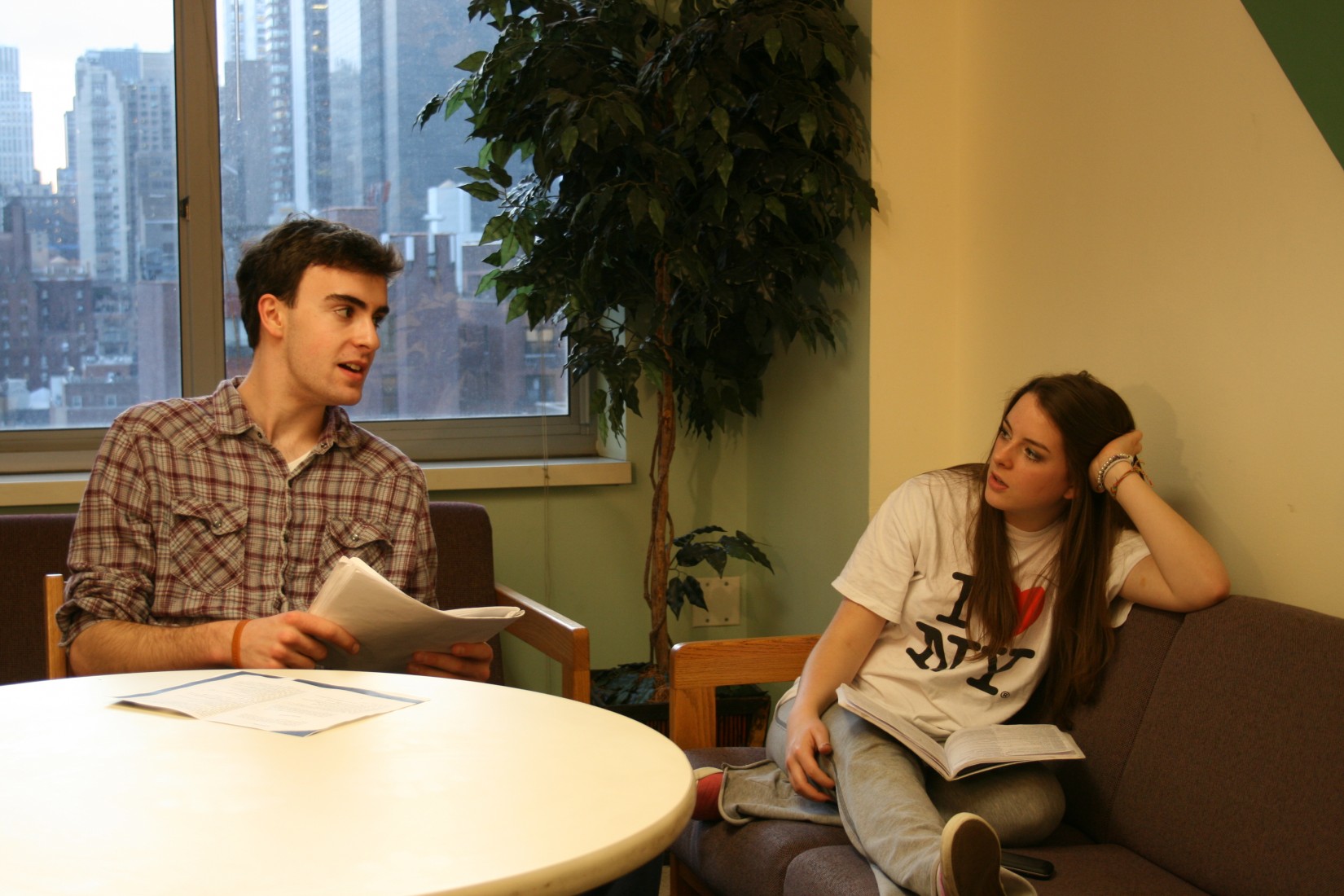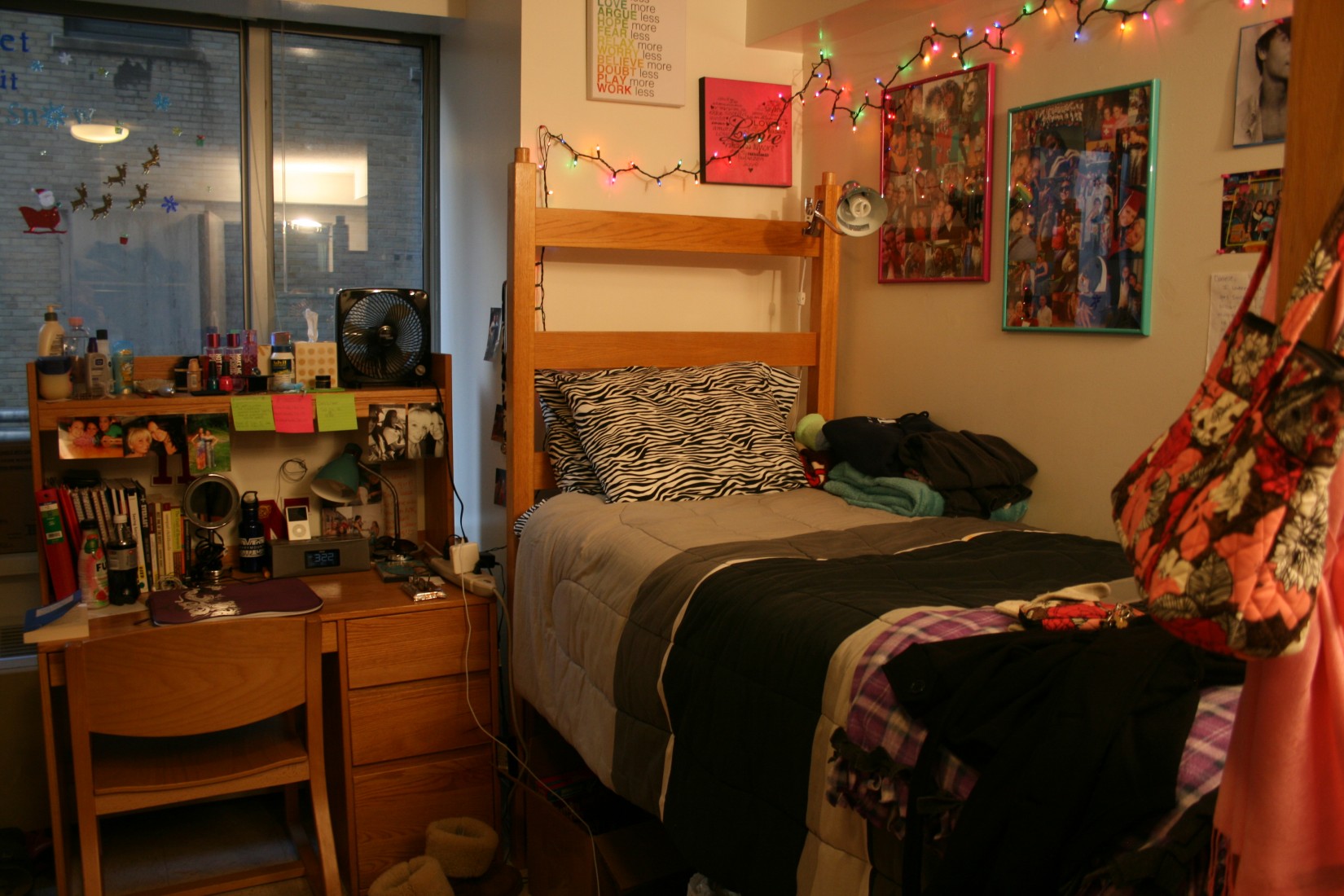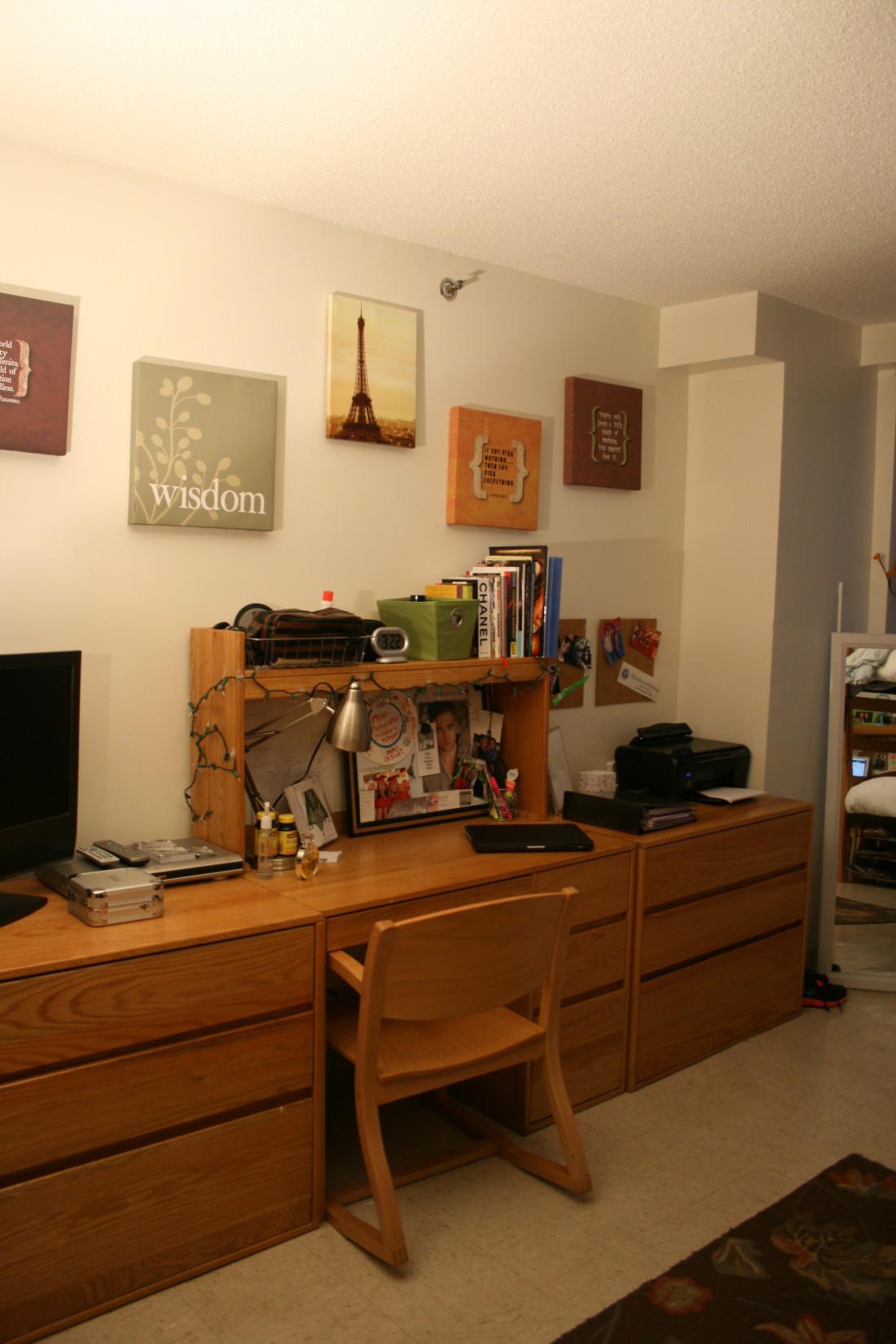Items tagged with residence life
Blurbs
-
- Pay your $500 non-refundable housing deposit by December 1 for Spring Semester housing, or May 1 for Fall Semester housing (must be accepted to the college first)
- Fill out your Housing Application online
- Submit your Medical Consent, Insurance, and Emergency Info Form
-
Yes! You can make roommate requests by placing the name(s) of the roommate you are requesting on your housing application. All roommate requests must be mutual in order to be considered. Not all roommate requests can be honored, and roommate requests are not guaranteed. Roommate requests may also be emailed to Residence Life by July 1.
-
The $500 non-refundable deposit is to secure your place in housing, and is separate from your tuition deposit. The $500 deposit is applied to your housing fees once you are placed, and is non-refundable. -
200 E 6th Street
New York, NY 10003
-
RAs will host tours of Cooper Square during the Fall Housing Selection process. Look at the Fall Housing Selection page for more details.
-
Continuing students and some transfer students live at Cooper Square.
-
Cooper Square has 12 floors; each floor has 4-6 apartments.
-
Yes. There is a fitness center on the lower level.
-
Yes. There is one large lounge in the lower level for programs, hanging out, or watching TV. There is also a closed off study lounge in the lower level.
-
Yes, there are two guards on duty at all times. Residents use their ID card to access the building, and need to scan their card upon entry.
-
Yes, there is a terrace on the 7th floor.
Smoking is prohibited on the terrace.
-
Dining Dollars are a convenient way to eat on campus and purchase household items from the C-Store. Dining Dollars work as a declining balance plan, and can be used on campus in Starbucks and the 4th floor Café, as well as at participating off-campus locations. All residential students must participate in the Dining Dollars program. All residents are charged a mandatory $1,350 per semester. Students can always add additional Dining Dollars to their declining balance card.
In January session, residents are able to use any fall Dining Dollars remaining on their account.
Remaining Dining Dollars will roll over each semester until the student graduates or withdraws, and at which time any remaining money will be forfeited.
-
Yes. There is a bicycle storage area on the lower level. There is also a Citibike rack nearby - Citibike extends up beyond the college on the Upper East Side.
-
Door to door, taking the 6 train from Astor Place to 68th Street takes about 30 minutes.
-
Ask open-ended questions. Remember the goal is to keep communication open, not to close it. Try not to sound as if you are preaching. When you are trying to make a point, use the words “I would rather that you…”
Be open and honest about your values and expectations on sensitive subjects such as alcohol, drugs, and sex. State your views without coming across as judgmental.
Remember that listening is part of communicating. Being a good sounding board is an important part of the process.
Expect to disagree on some key issues. Keep in mind that your student is struggling for independence and autonomy-not co-dependence.
Take some extra time to communicate your support and encouragement. Positive feedback is especially important for your child at this time.
Even if your child has made some poor decisions, try not to place blame directly on him or her. Using “I” statements rather than “you” statements allows you to express how you feel without sounding accusatory.
-
Each resident gets a regular sized twin bed, desk and chair, drawers, and wardrobe. The furniture at Cooper Square is in its fixed position; beds cannot be lofted or lowered from their set positions.
-
Discuss the connections between alcohol, drugs, and sexual assault. Emphasize that in order to make good judgments, a person needs to be in control. If your child goes to a party with friends, encourage him or her to leave with those same friends. Suggest that transportation arrangements be planned in advance.
Stress to your student that alcohol is toxic and excessive consumption can fatally poison. This is not a scare tactic. The fact is that students die every year from alcohol poisoning. Discourage dangerous binge drinking and participation in drinking games. Parents should ask their students to also have the courage to intervene when they see someone putting their life at risk through participation in dangerous drinking.
Ask questions about how your child is spending free time and with whom he or she is spending it. The way your child spends time can give clues as to whether he or she is engaging in risky activities.
Know that we take our policies seriously, and we follow local, state, and federal laws in regards to alcohol and drugs. Repeat violations can have serious consequences, including the loss of on-campus housing. Support your student in making good decisions which will not jeopardize his or her stay with us. Our complete policies are listed in our Resident’s Guide to Community Living.
-
For students who have completed their housing application, contract signature page, and made the housing deposit:
- Building assignment will be sent to students by July 1
- Rooms assignments and roommate information will be sent by August 4
- Roommate information is sent after rooms are assigned and payment is made
-
Beds are regular twins. Some beds will be permanently lofted.
-
Don’t overreact to those first frantic telephone calls! Listen carefully, and try to determine how best to address your child’s need at the moment. Don’t panic!
Don’t be surprised if your son or daughter expresses strong emotions one day, and then these feelings disappear the next day. It is not unusual to receive a call that “nothing is going right” or “I want to come home” and then the next day, “all is well”.
Work on controlling your emotions. Feelings of anger and disappointment will come through even on the telephone.
-
At the beginning of the semester, all residents will fill out a roommate contract to set some ground rules for the apartment regarding noise, guests, and cleanliness. This usually establishes a common respect for all residents in the room. All residents are encouraged to try to work out their differences with their roommates through open communication and discussion; however, if two residents have irreconcilable differences and one wants to move, they should submit a Room Change Request form. The Office of Residence Life must approve all moves. No resident moves will be granted within the first three weeks of the Fall semester.
-
Similar to 55th, there are 2-3 bedrooms per suite, each holding 2-3 people. The rooms are off of the kitchenette and there is one bathroom in each suite; 7 person suites have two bathrooms.
-
Encourage your child to work through problems with their roommates as they arise. A series of misunderstandings may erupt into a major confrontation if tensions are allowed to build.
It is important to remember that students need to fight their own battles. Situations can become more complicated when parents get involved in roommate problems.
Resist the urge to call on your student’s behalf. We communicate directly with the students, and prefer that students communicate their concerns to us directly as well. It is helpful for us to hear information first hand and help students resolve their own issues.
Brainstorm options and possible courses of action with your student as problems arise. Generating choices with your child conveys that you care and also puts the responsibility on him or her for follow-up.
-
There are a number of ways to see the residence halls:
- Visit us at one of our Open House or Admitted Students days.
- Schedule a tour through Admissions.
- Check out our virtual tours on YouTube on our Tour the Residence Halls page.
-
We recognize that throughout your college years you will be exposed to alcohol use. It is our hope to educate you to make responsible choices. We also abide by state and local laws regarding drinking. Please make good choices and please be aware that we are here to help you accomplish this. Below is our Alcohol Policy:
Alcohol Policy
- No alcohol may be possessed or consumed in any MMC residence hall owned and operated by MMC, or any MMC student housing locations.
- No individual, regardless of age, may possess, consume, and/or be in the presence of alcoholic beverages in or around the residence halls.
- Deliveries of alcohol from liquor stores or an outside source to the residence halls is not permitted.
- Residents aware of alcohol in the residence halls, whether consuming alcohol or not, may be in violation of this policy.
- Residents who invite guests (whether it is a resident or non-resident) who bring alcohol into their apartment/room will be in violation of this policy.
- Public intoxication is prohibited. Anyone violating this policy may be transported to the hospital at his/her own expense or arrested.
Good Samaritan Provision
Whenever a student assists an intoxicated individual in procuring the assistance of local or state police, security staff, residence life staff, or other medical professionals, neither the intoxicated individual, nor the individual who assists will be subject to disciplinary action (such as probation or removal from the residence hall) with respect to the alcohol incident. This provision does not preclude disciplinary action regarding other violations, such as theft, sexual harassment/assault, vandalism, etc. Individuals who are combative or not cooperative with the student, staff member, or medical professionals assisting will not be eligible for this provision.
This provision offers a health-related response to the incident rather than a disciplinary consequence and does not excuse or protect those individuals who deliberately or repeatedly violate the Alcohol Policy.
In order for this policy to apply, the intoxicated student(s) must agree to timely completion of alcohol education activities, assessment, and/or treatment depending on the level of concern for student health and safety. Serious or repeated incidents will prompt a higher degree of medical concern. Failure to complete recommended follow-up may result in disciplinary action and could prompt the imposition of a medical withdrawal.
The Good Samaritan provision does not limit the authority of law enforcement personnel or Residence Life staff to act as required at the time of an alleged violation.
-
No; however, we do welcome assistance animals. All pets, with the exception of assistance animals, are prohibited in all of our residence halls. Pets that are found by Residence Life staff will be removed immediately. Assistance animals must be approved by the Office of Disability Services.
-
Dining Dollars are currently accepted at Kitchen Sink and Heavenly Market.
There are also several neighborhood establishments which offer discounts to MMC students.
-
Yes. Each apartment will have a microwave.
-
No
-
Two burners, cabinets, and one or two refrigerators (various sizes, depending on suite size)
Files
-
2013-14 Guest Request Form for the 55th Street Residence Hall
Galleries




